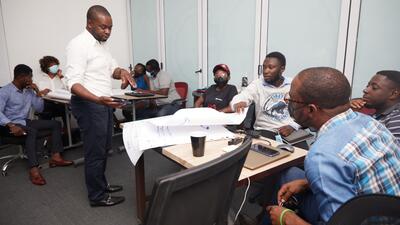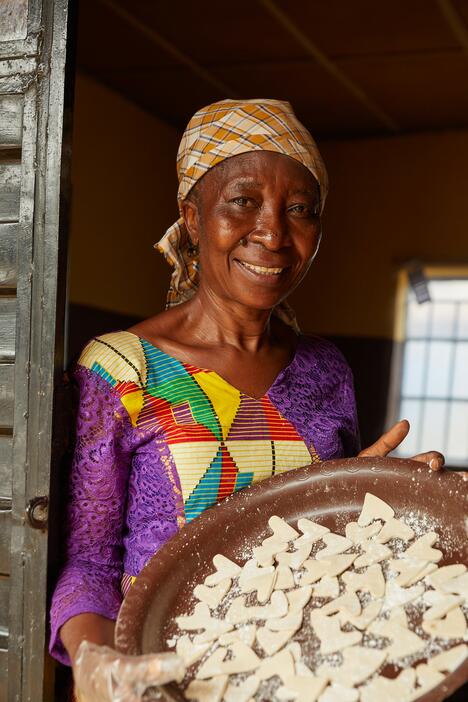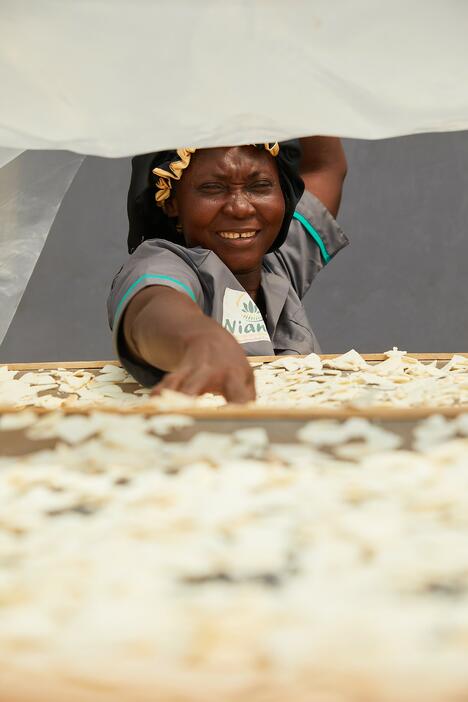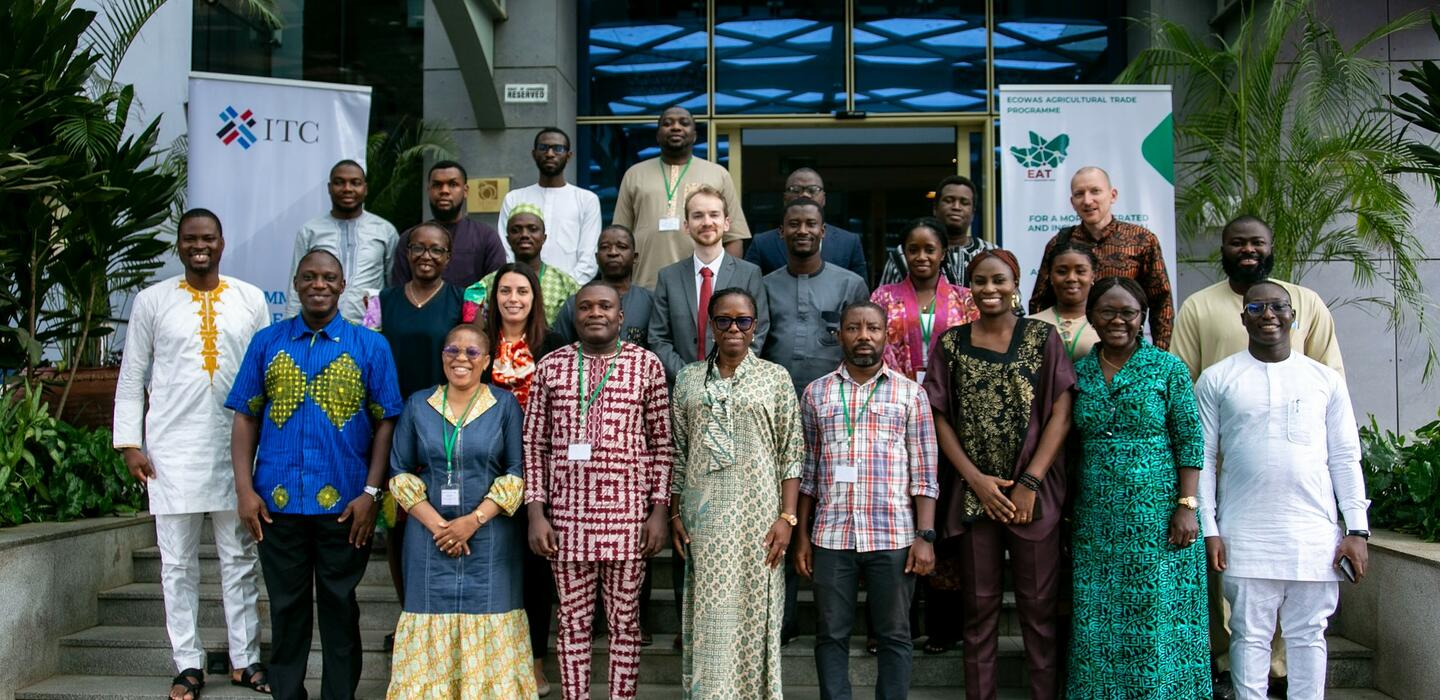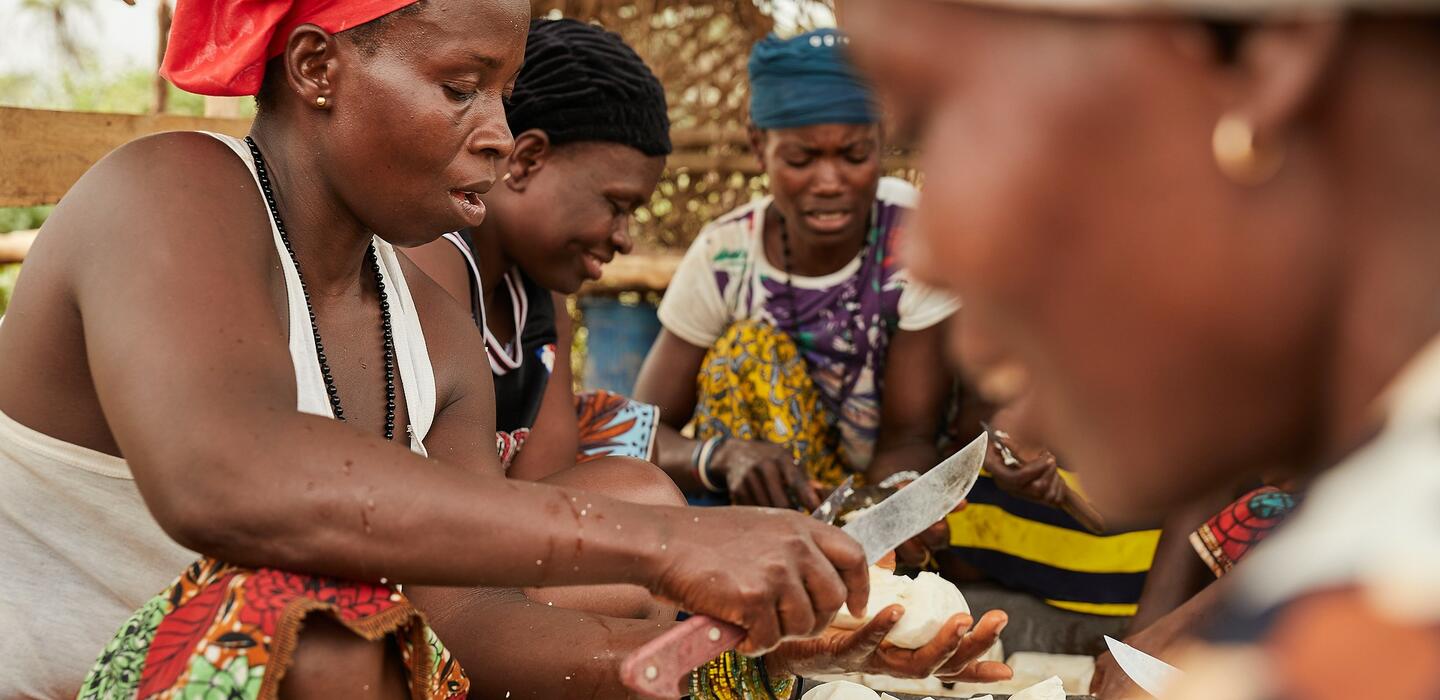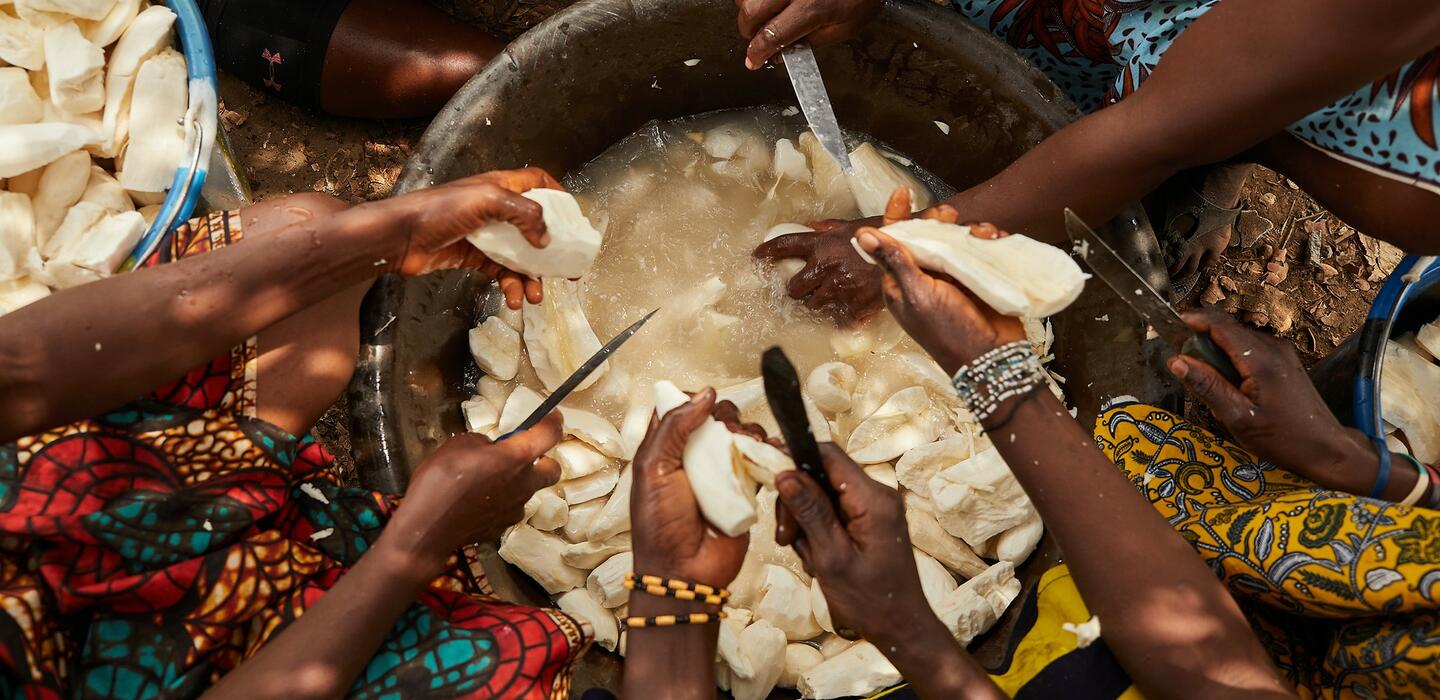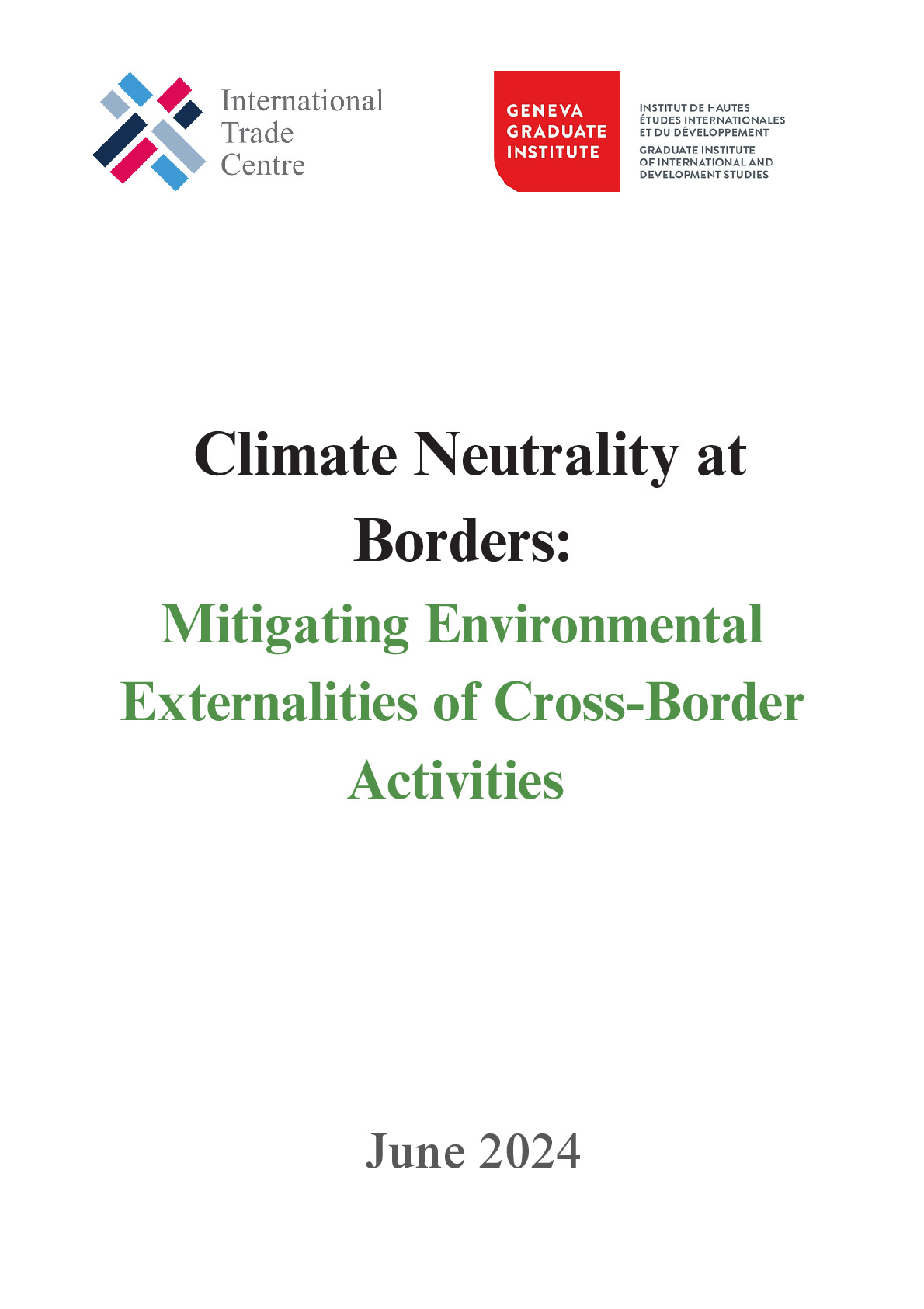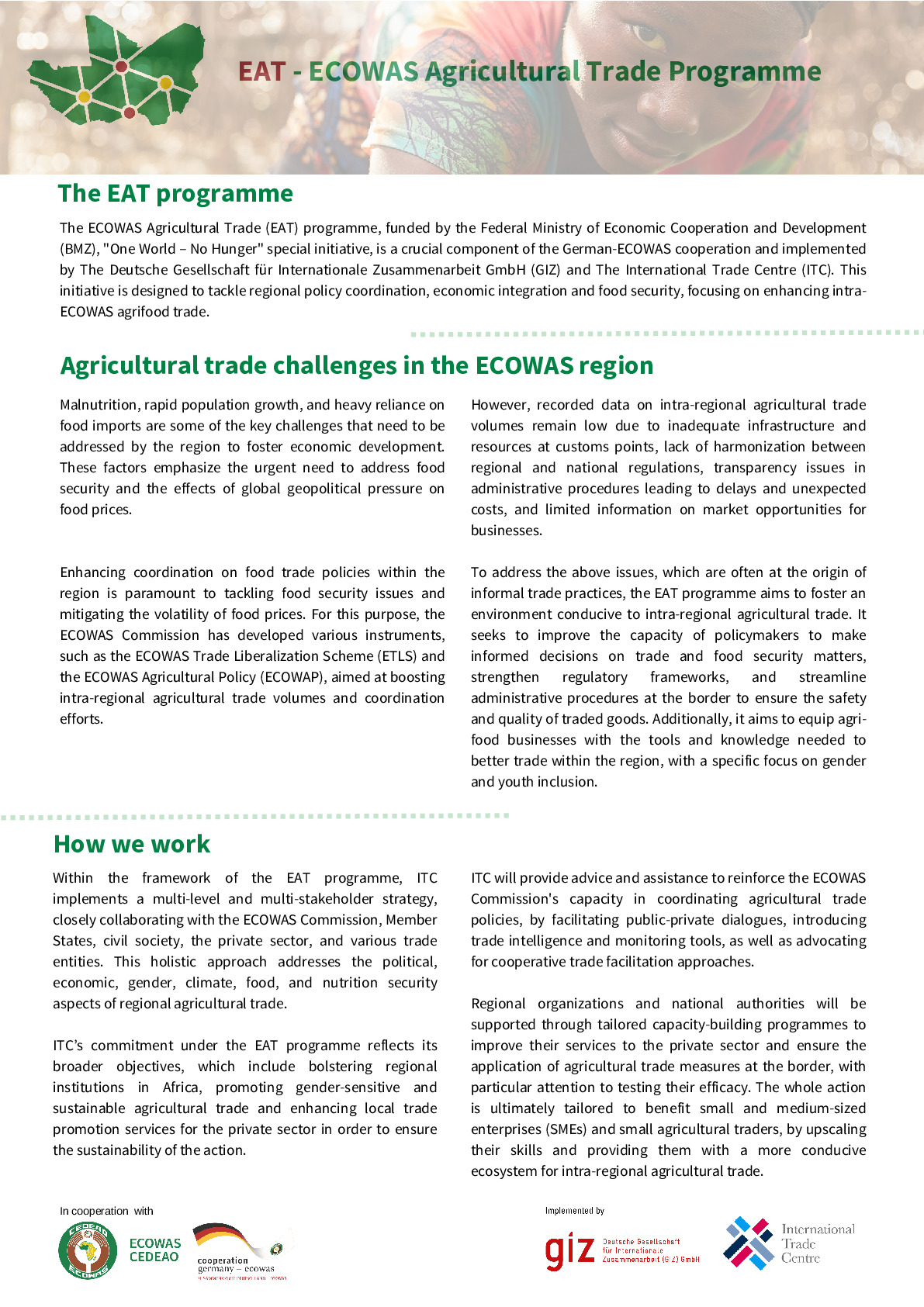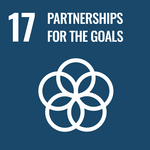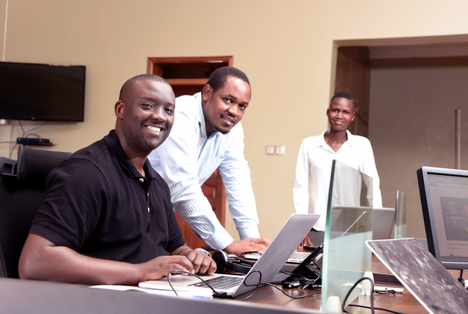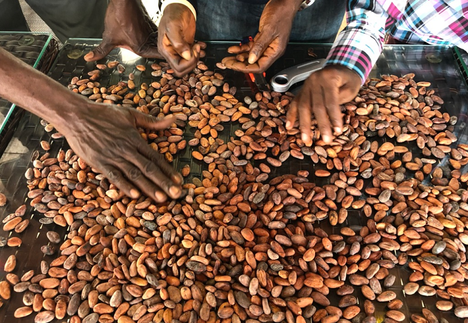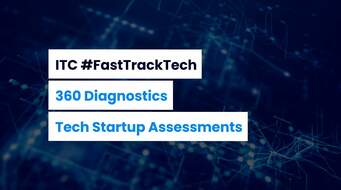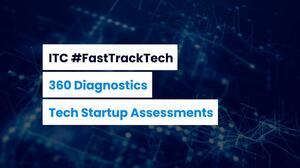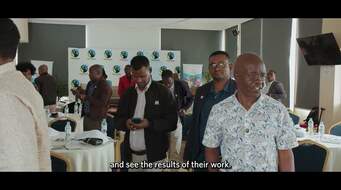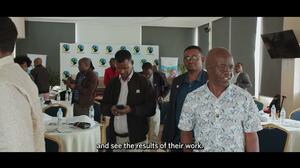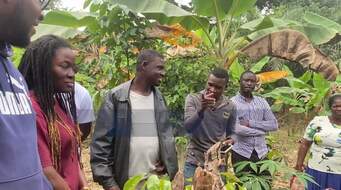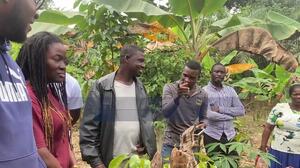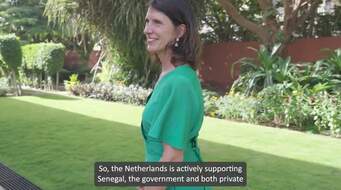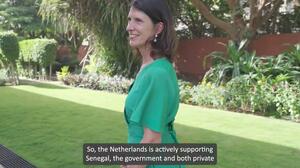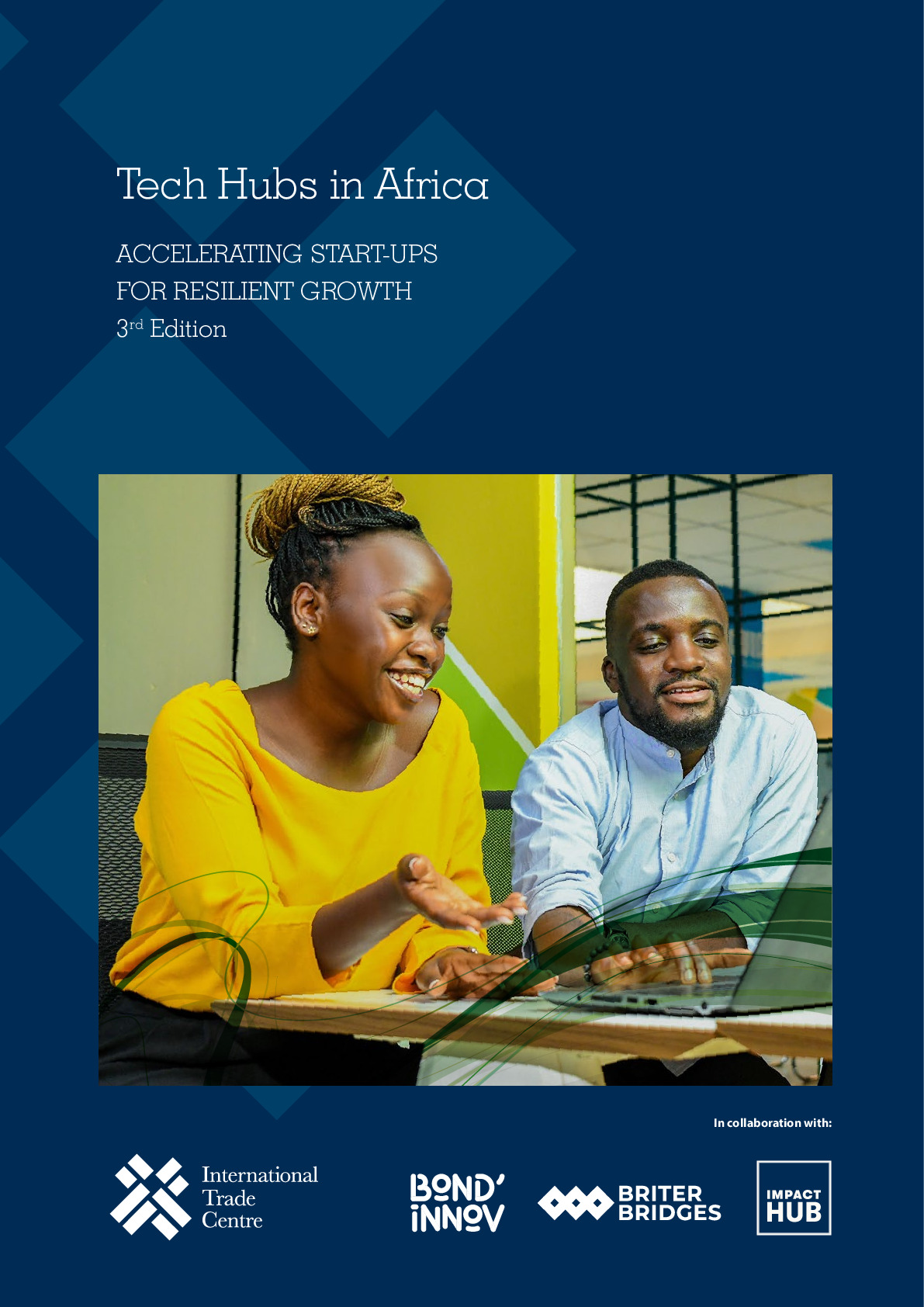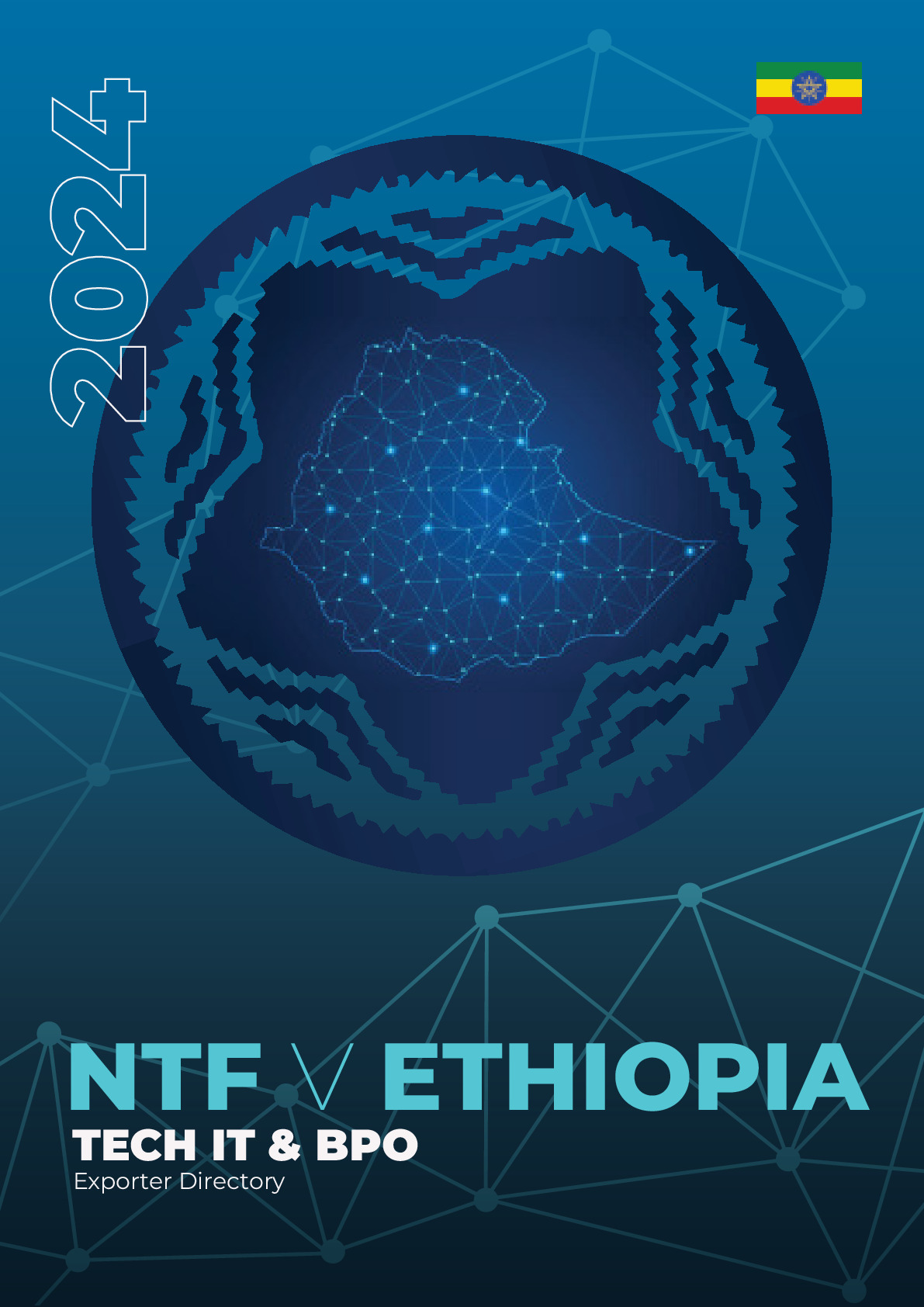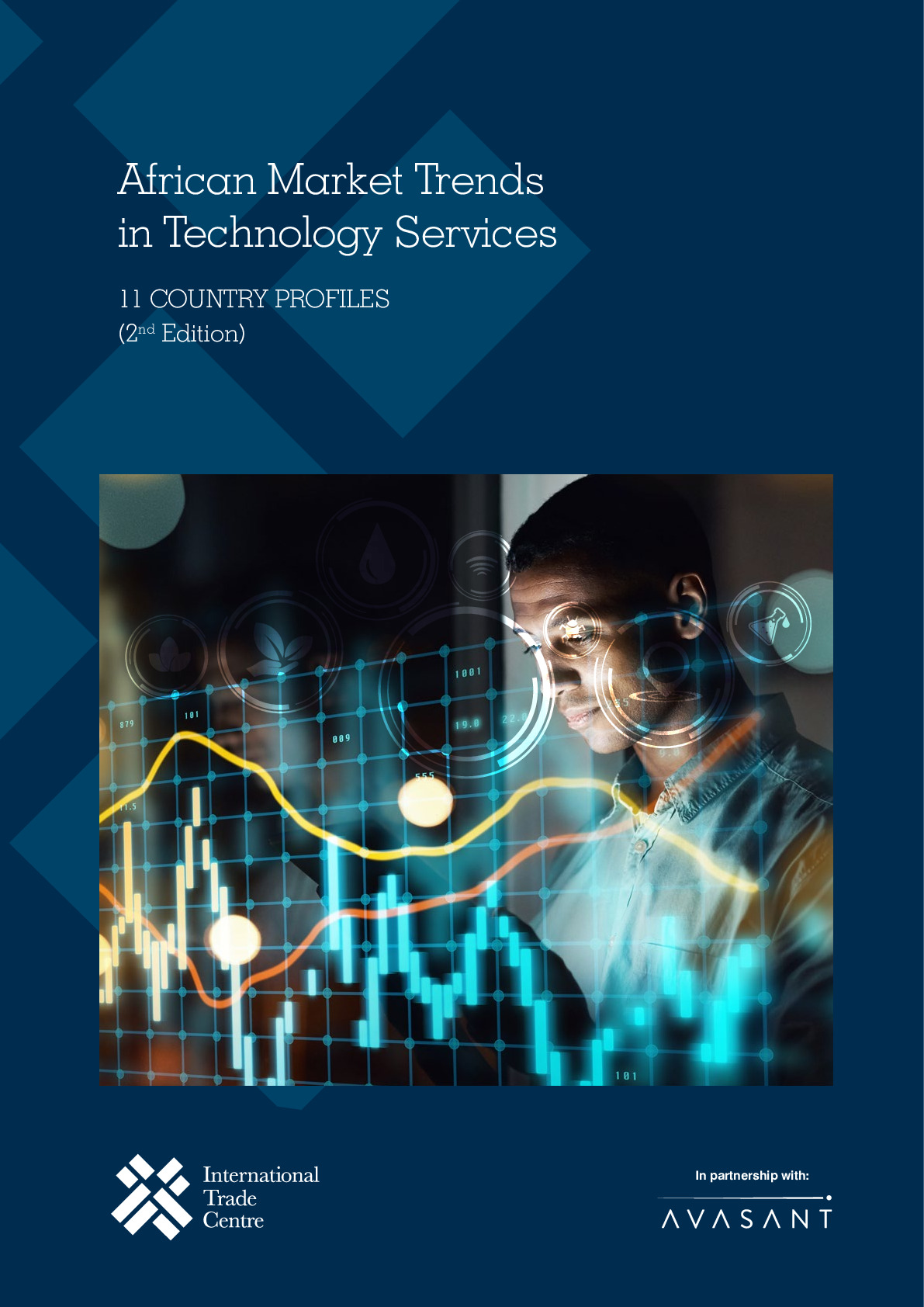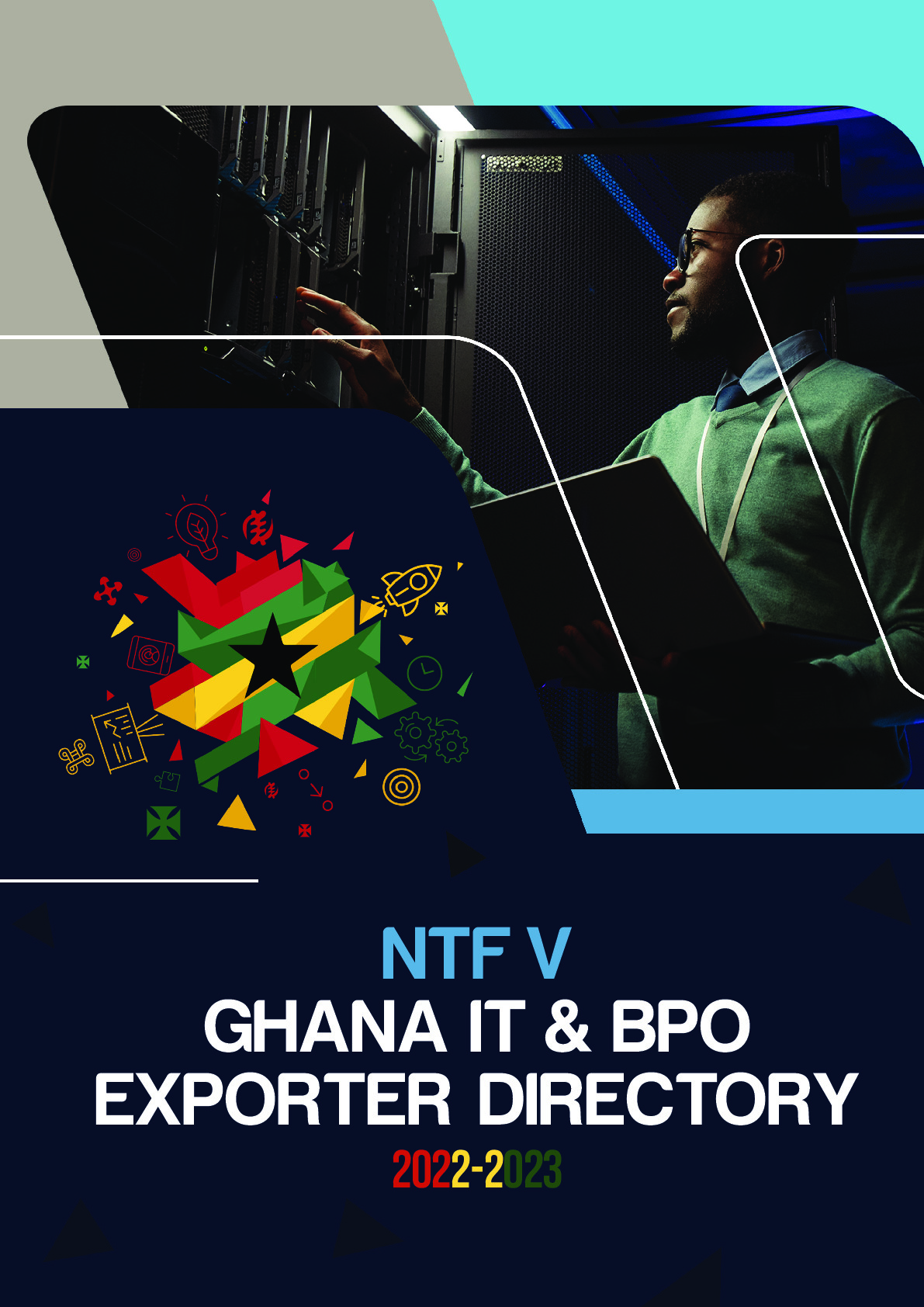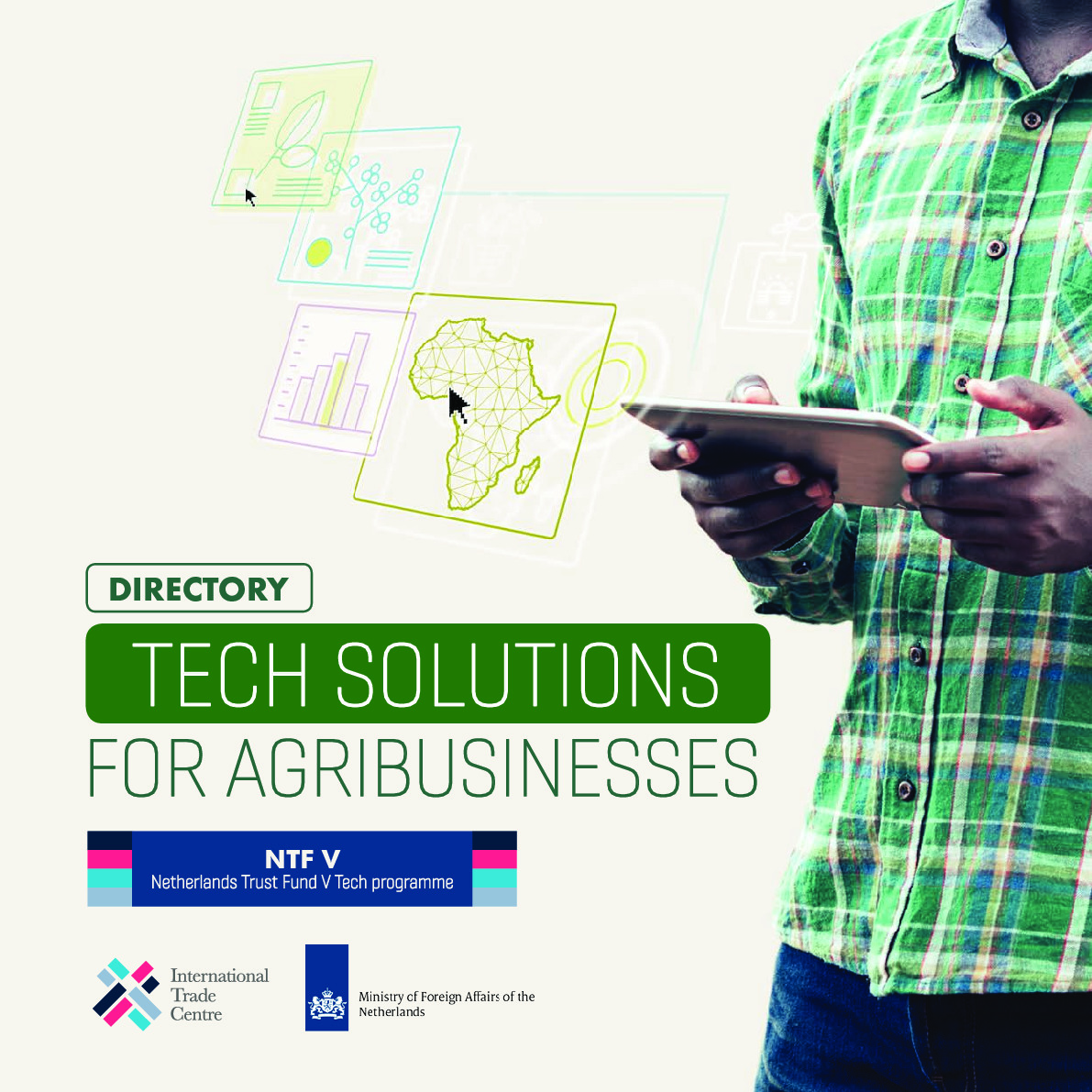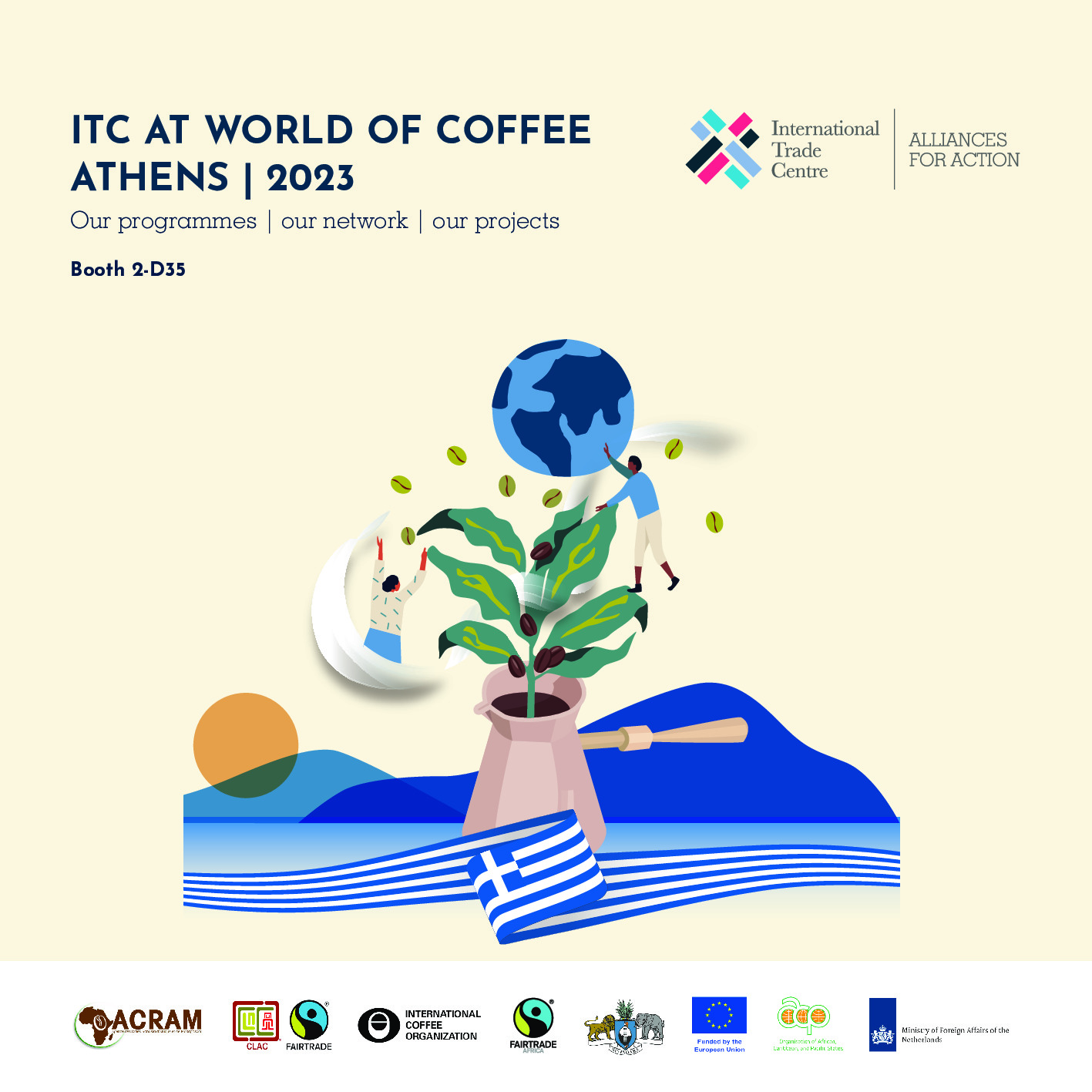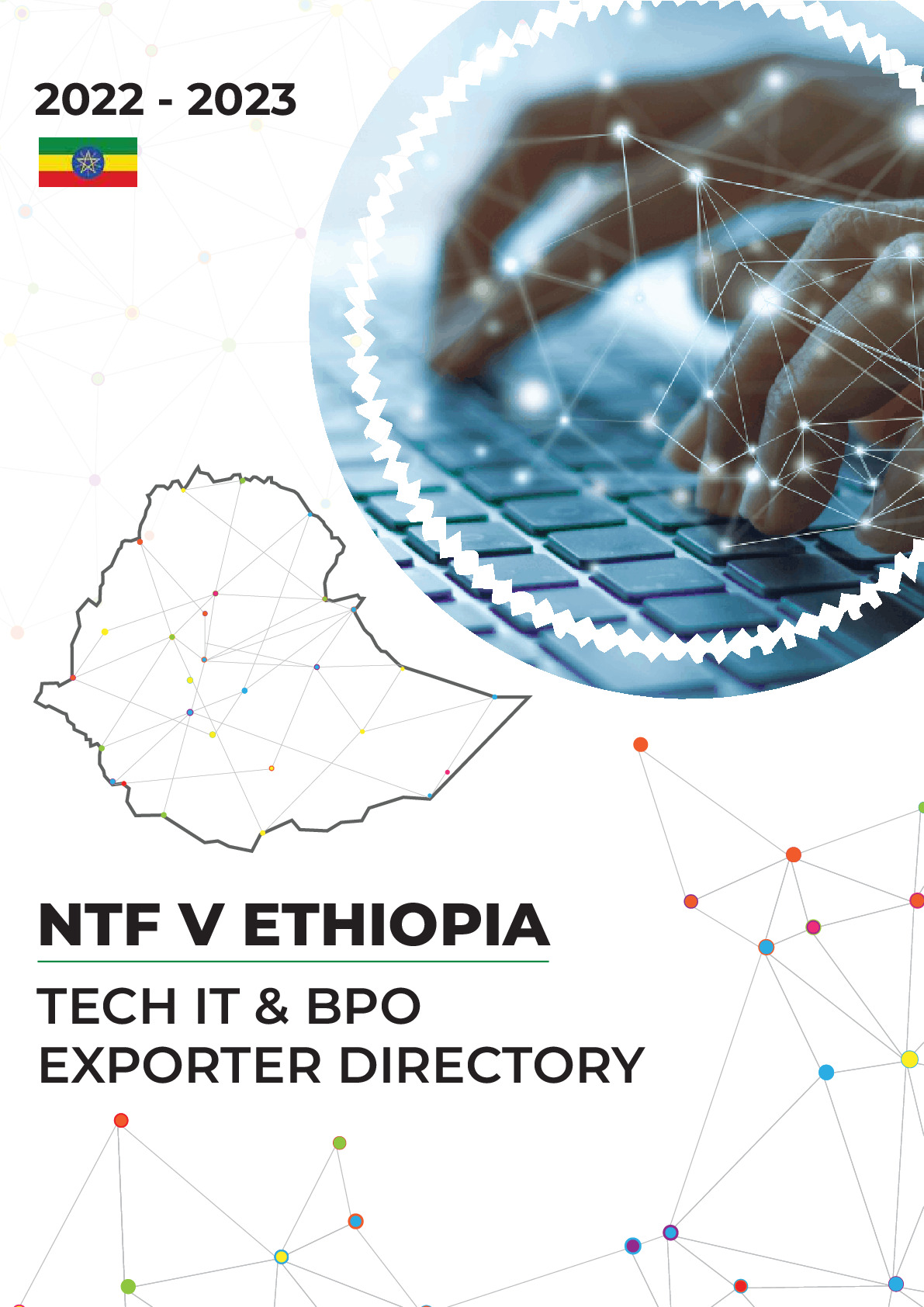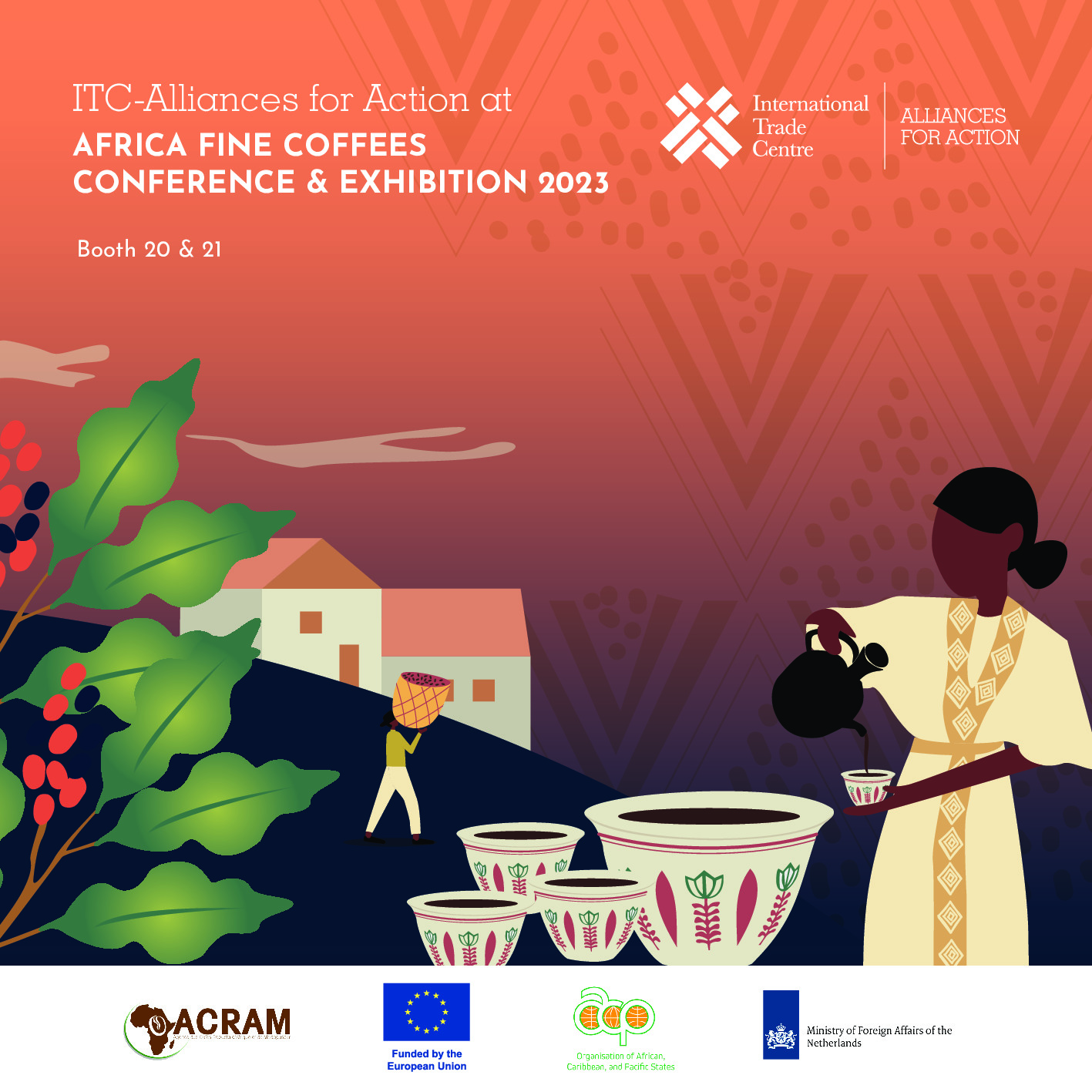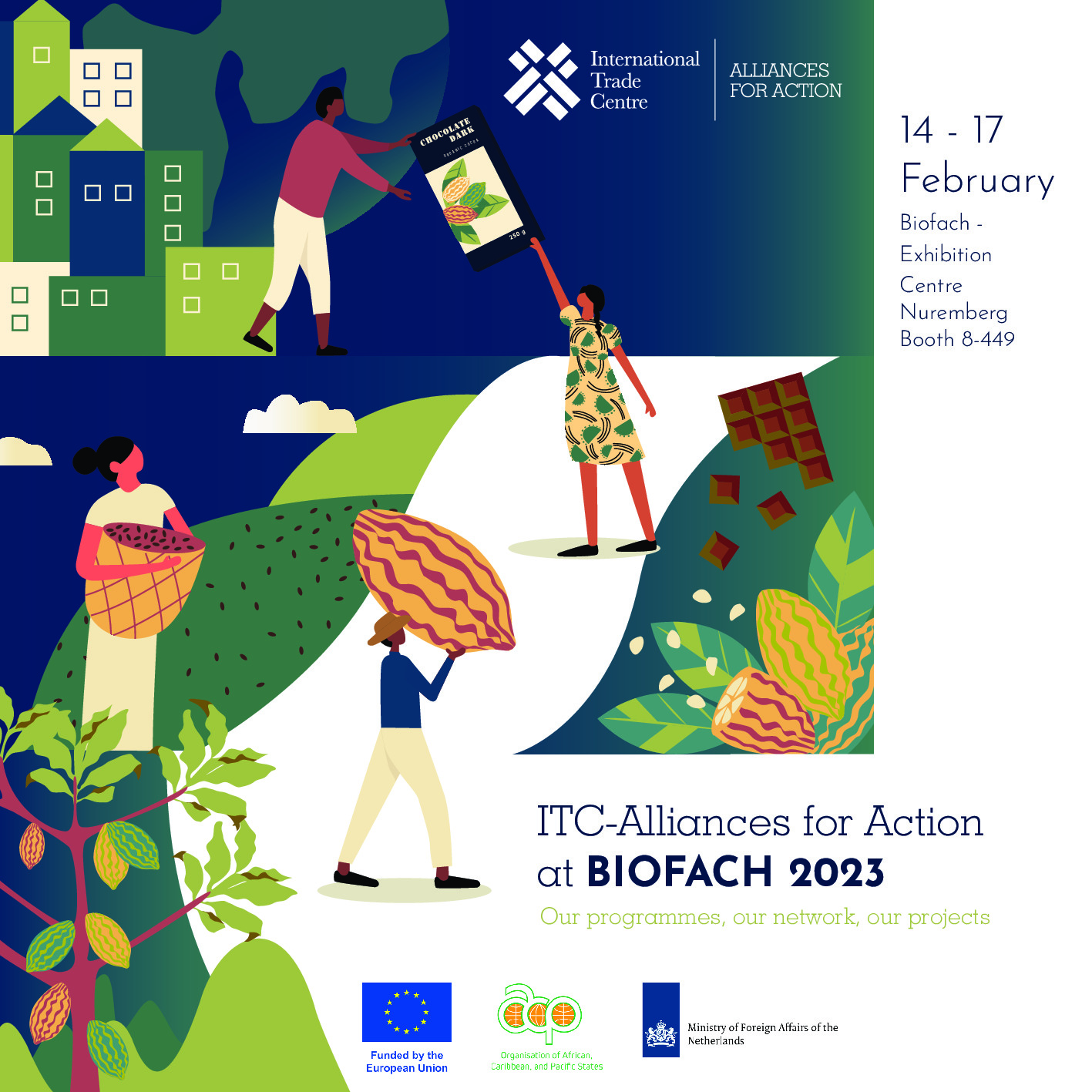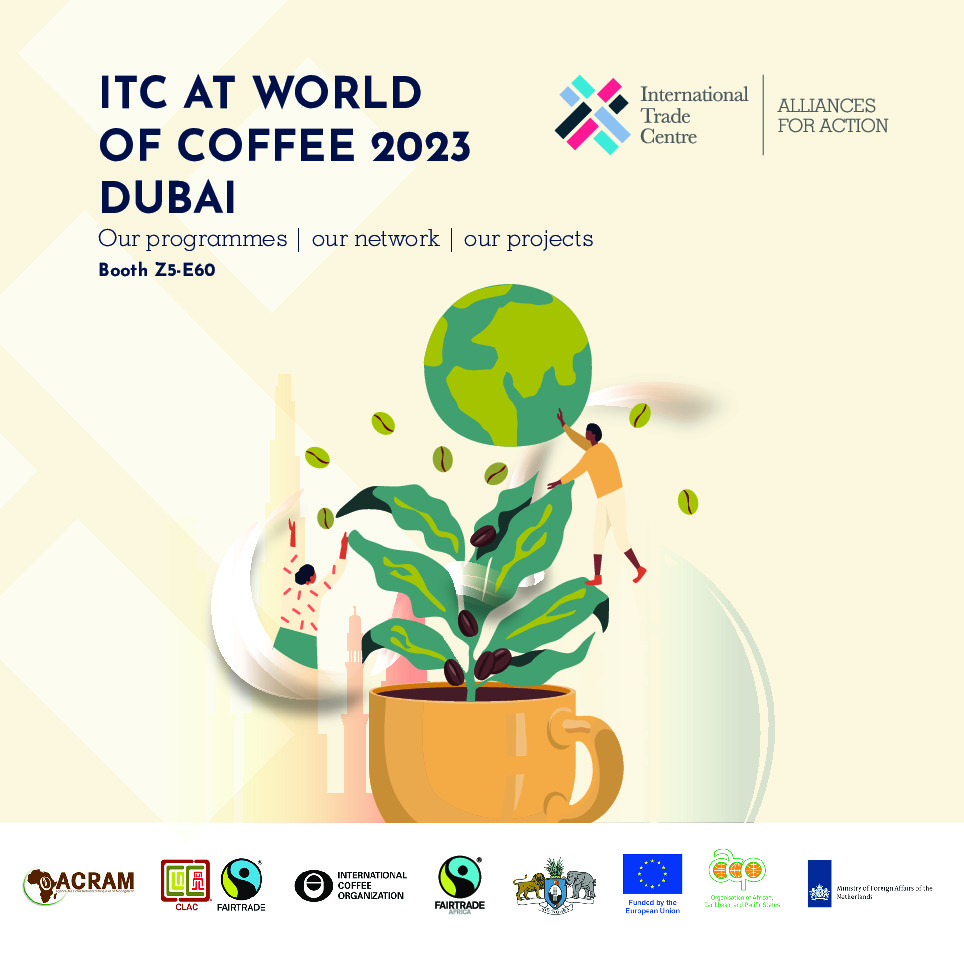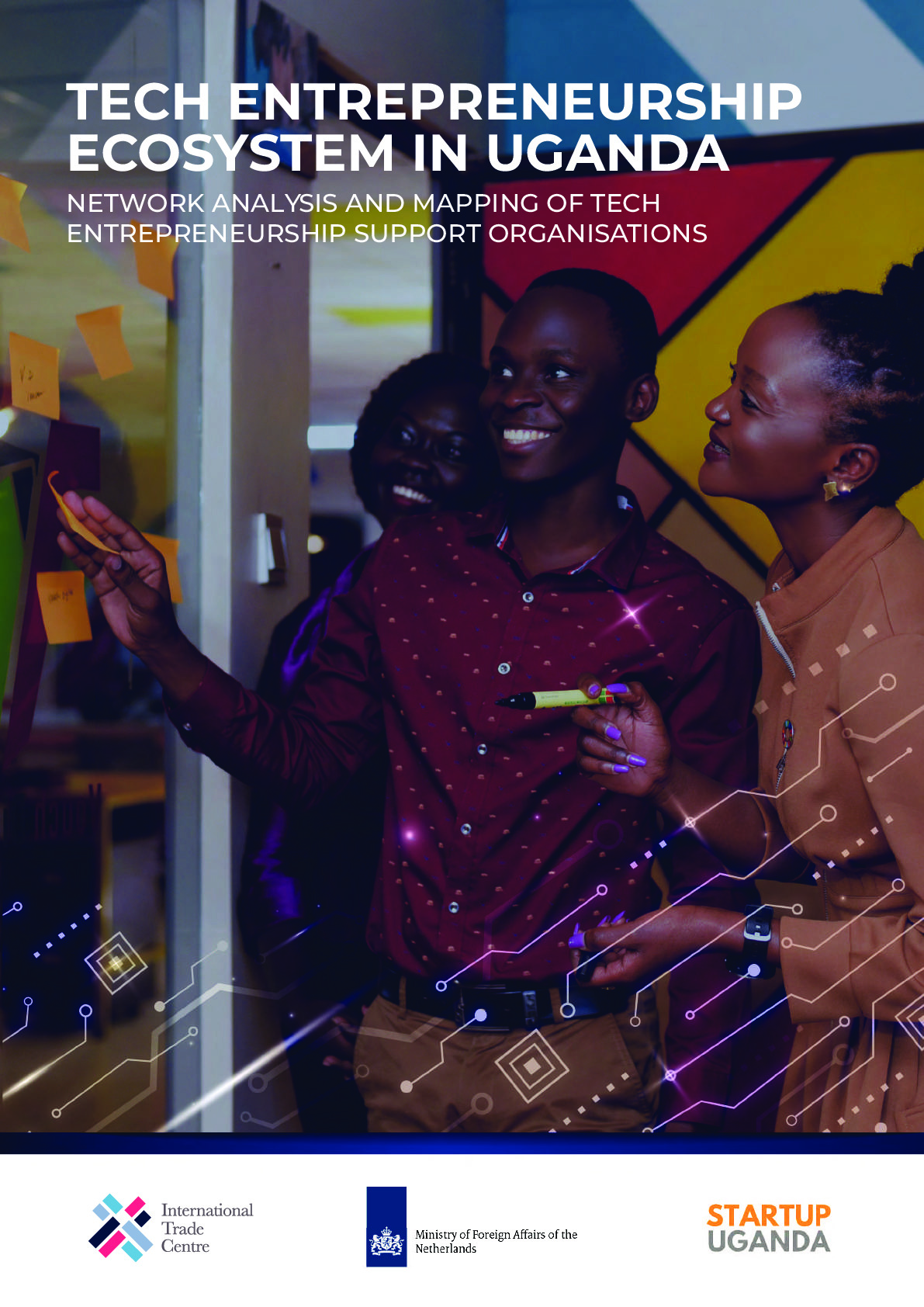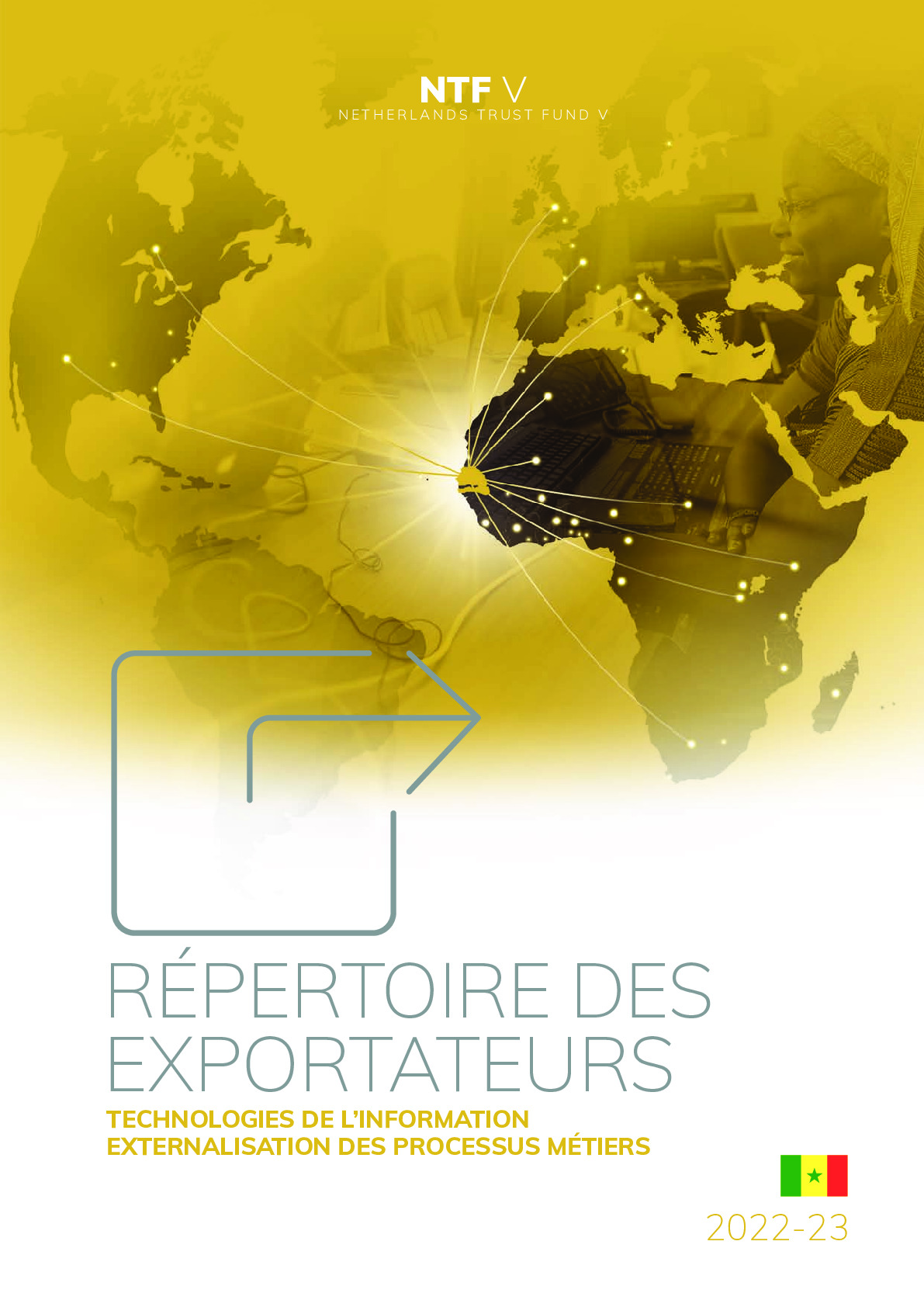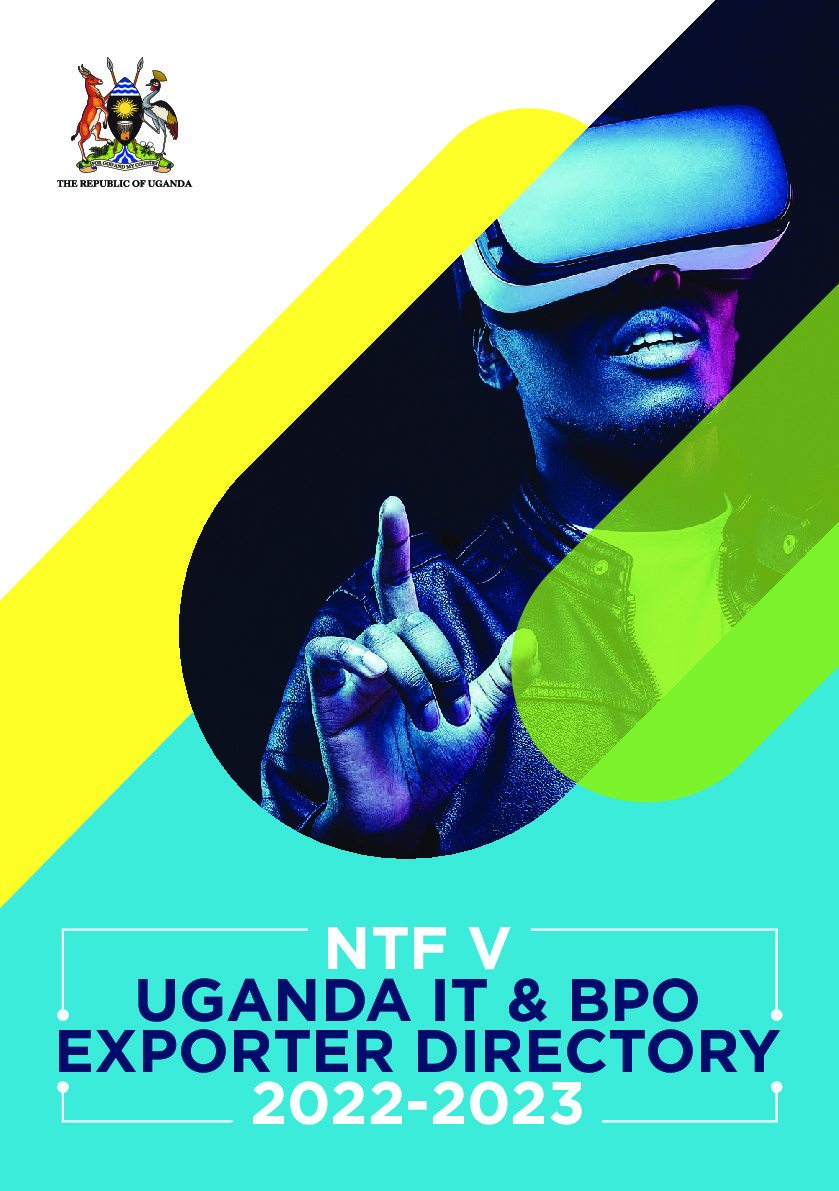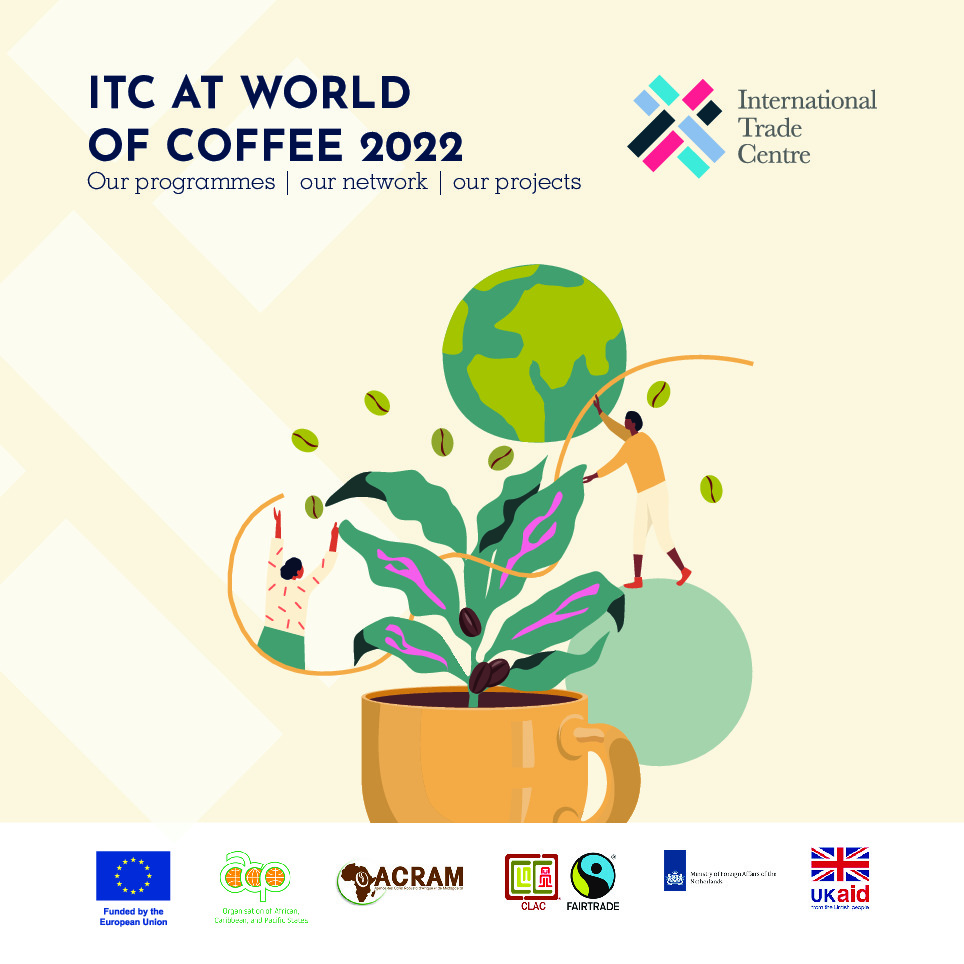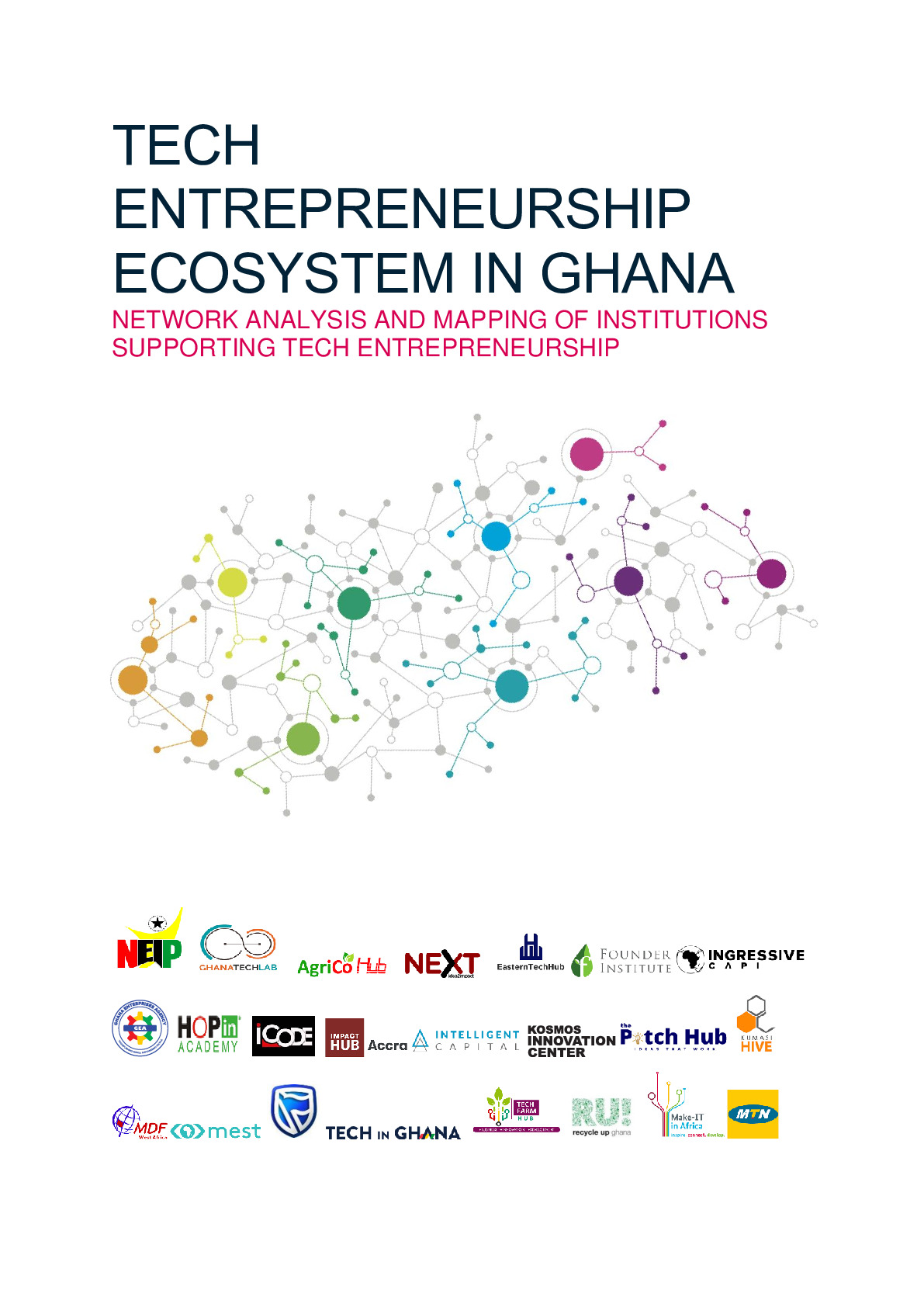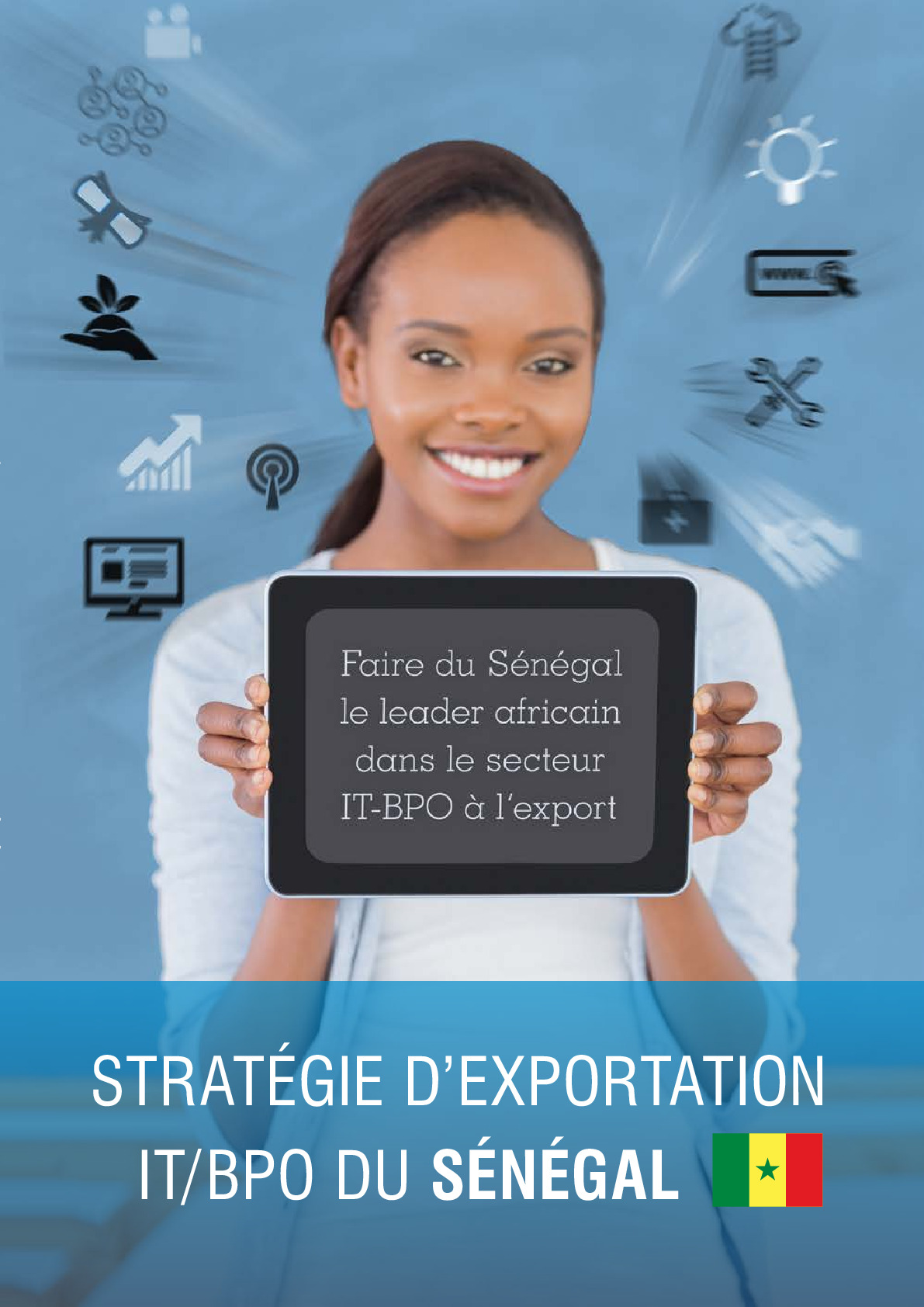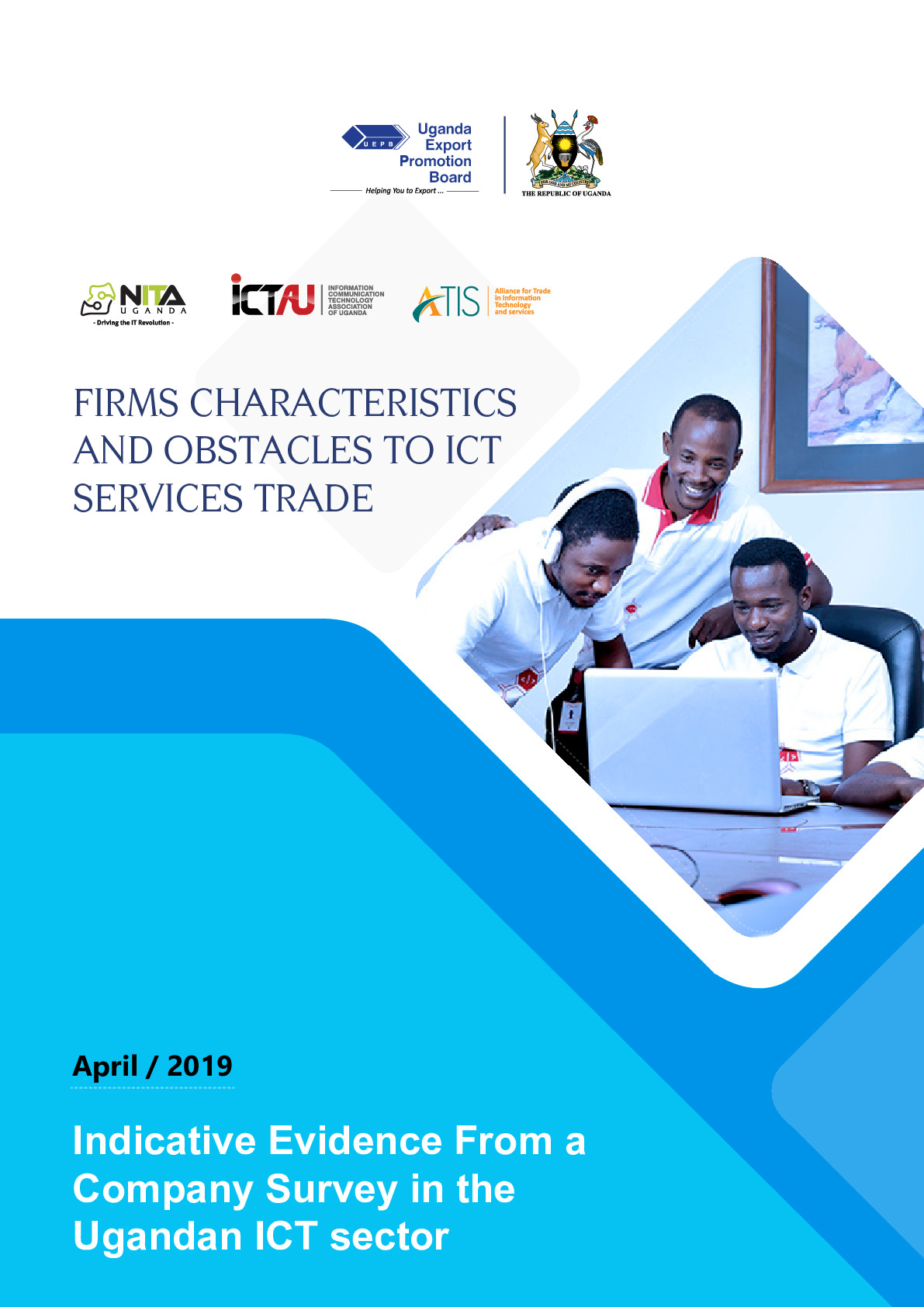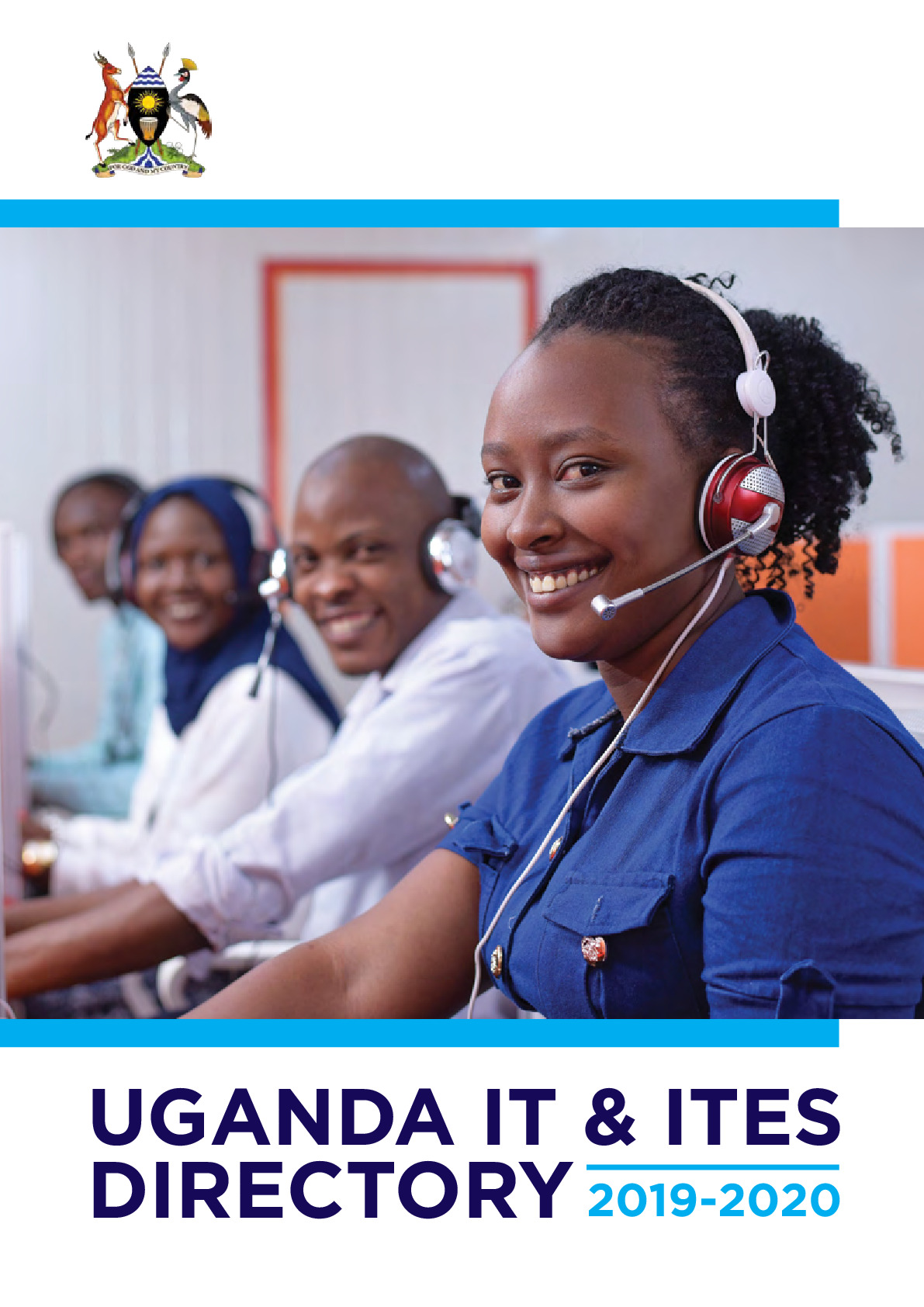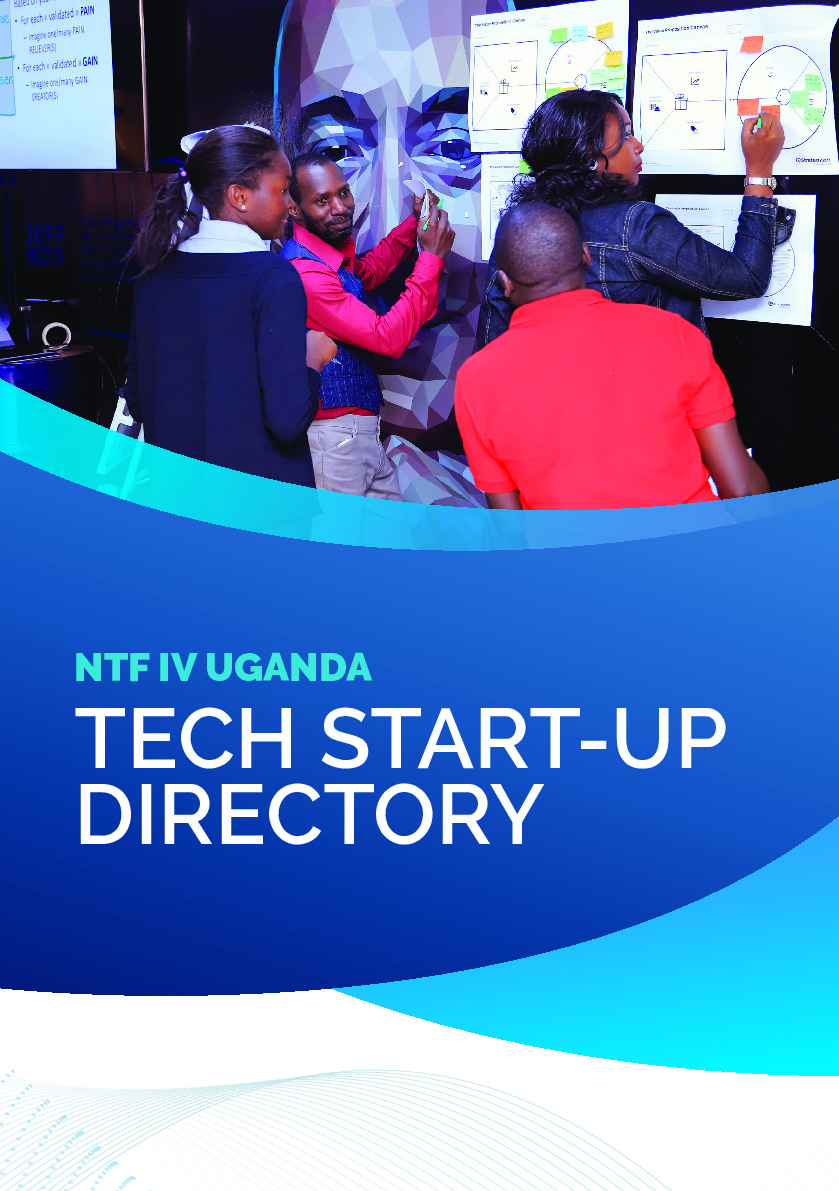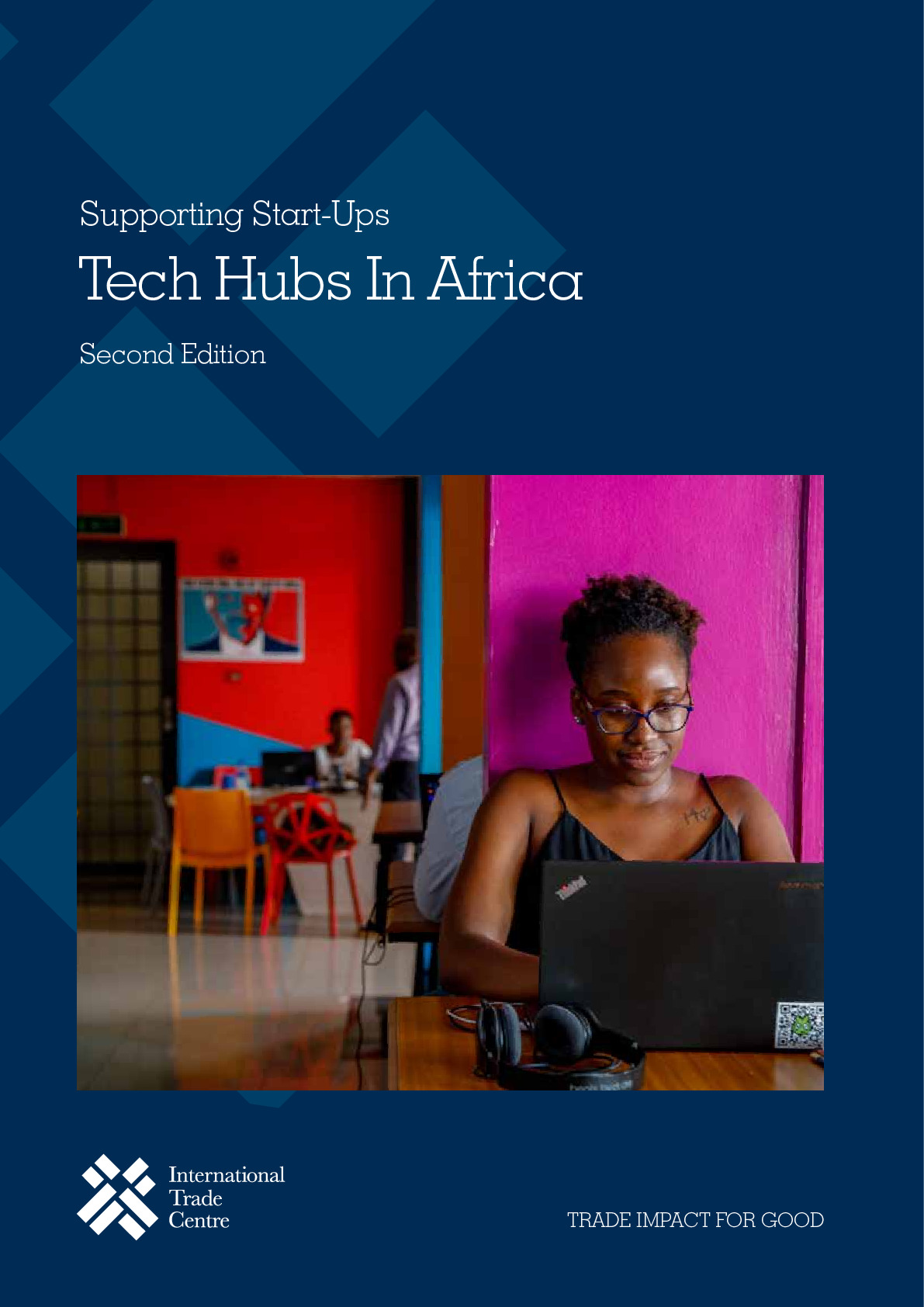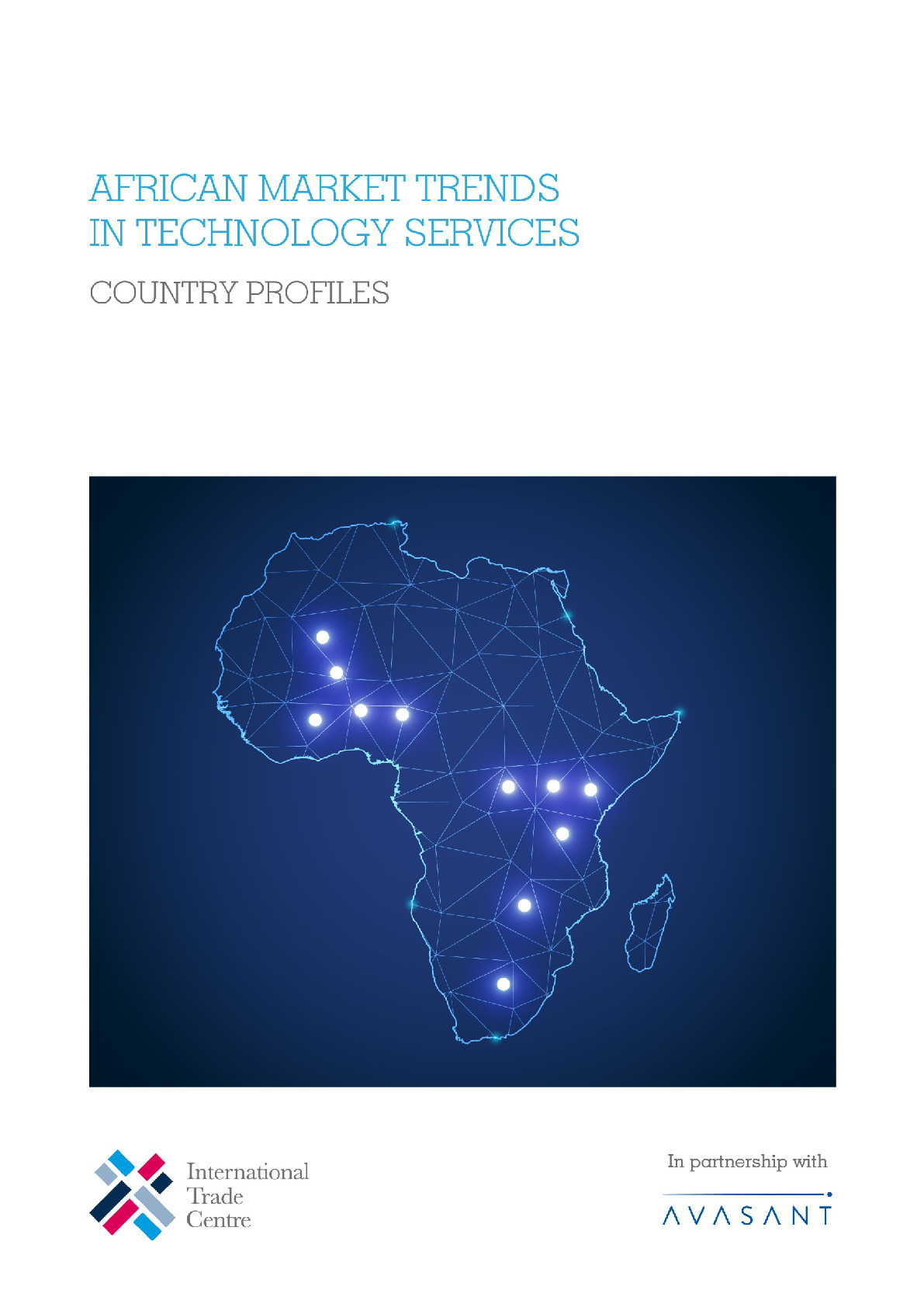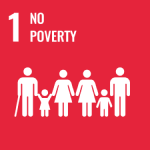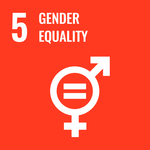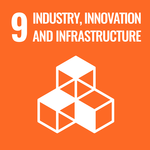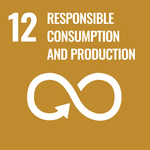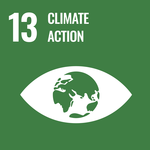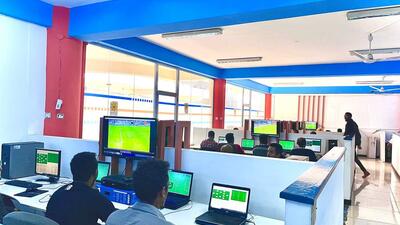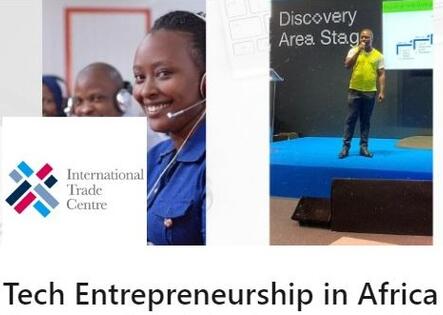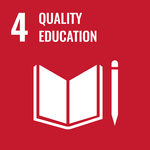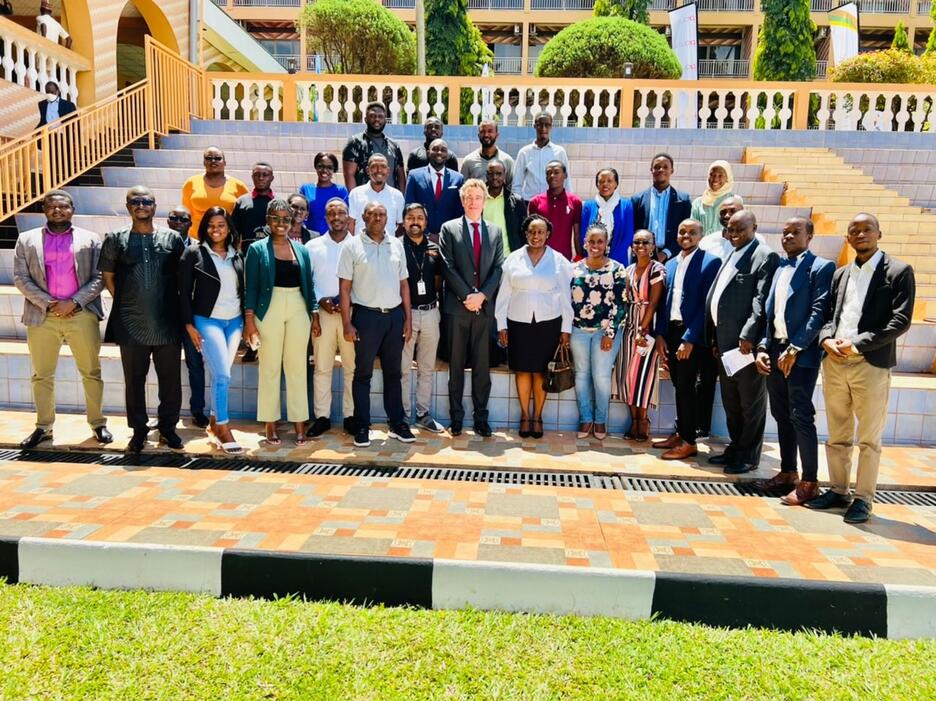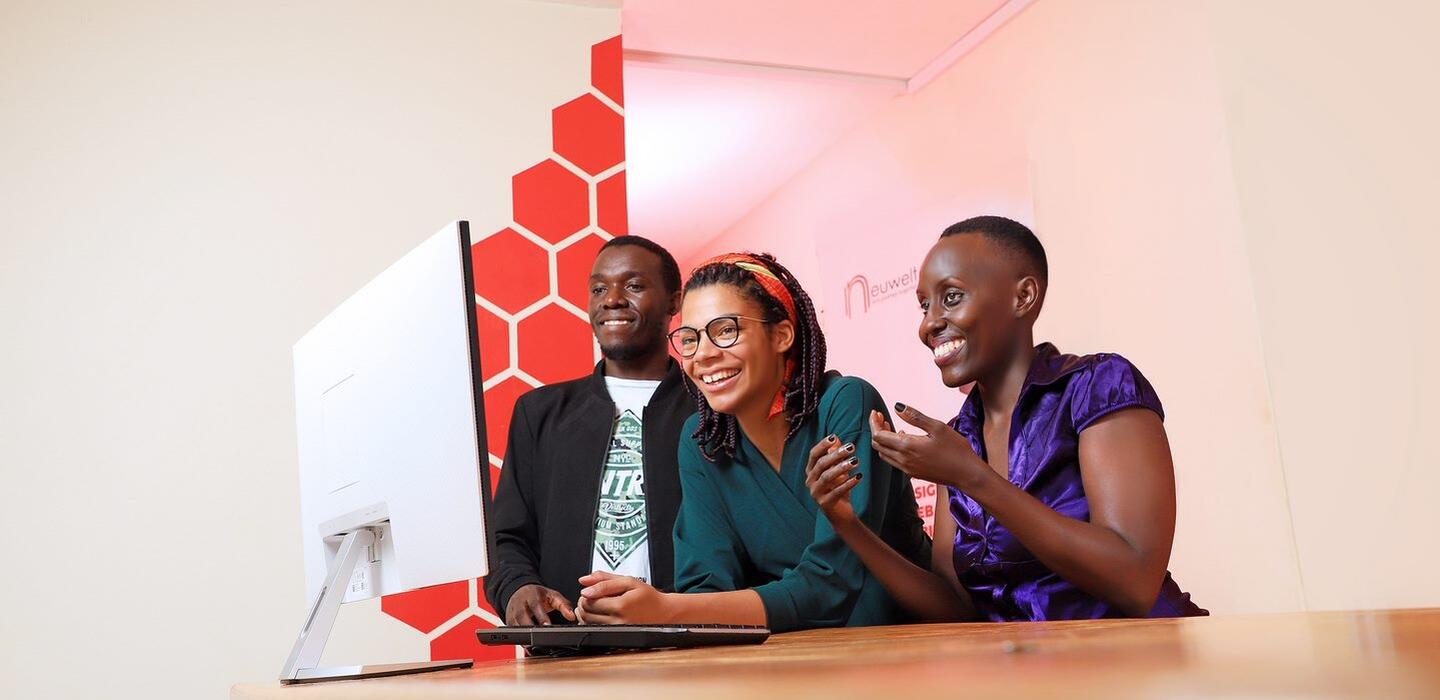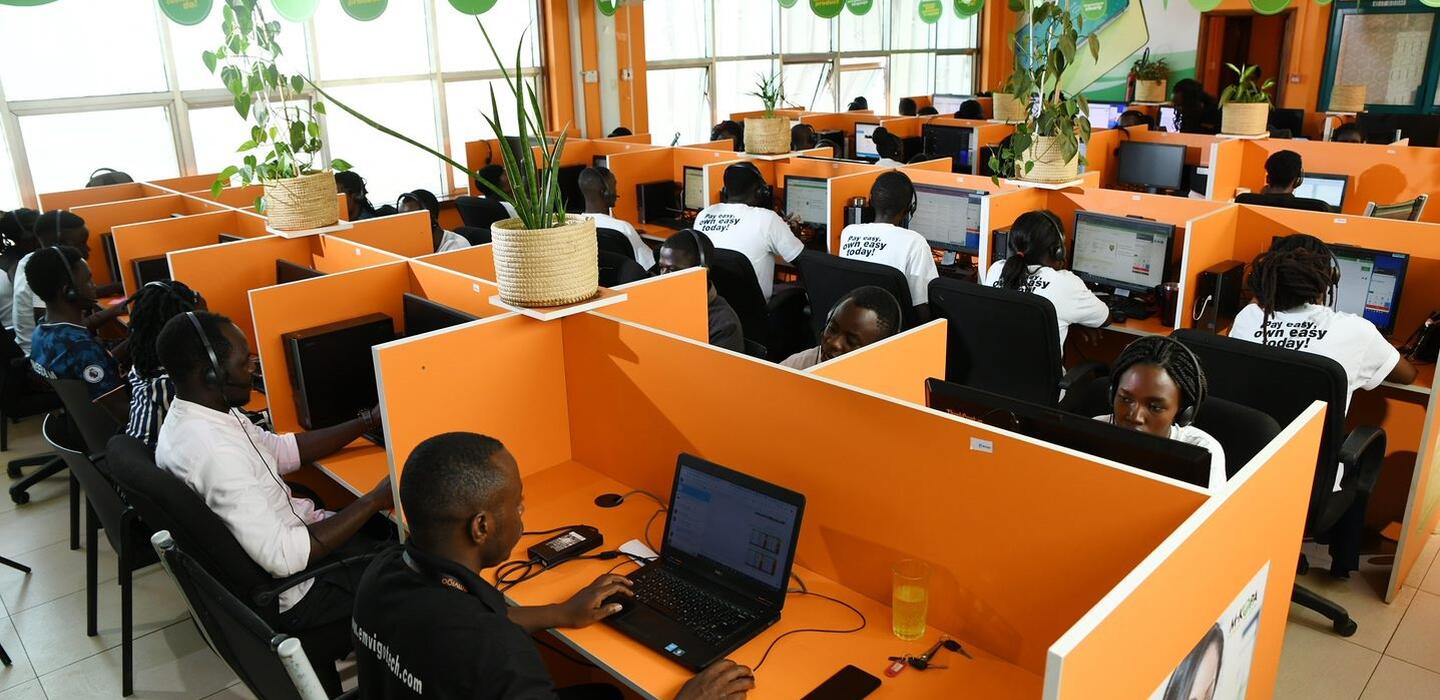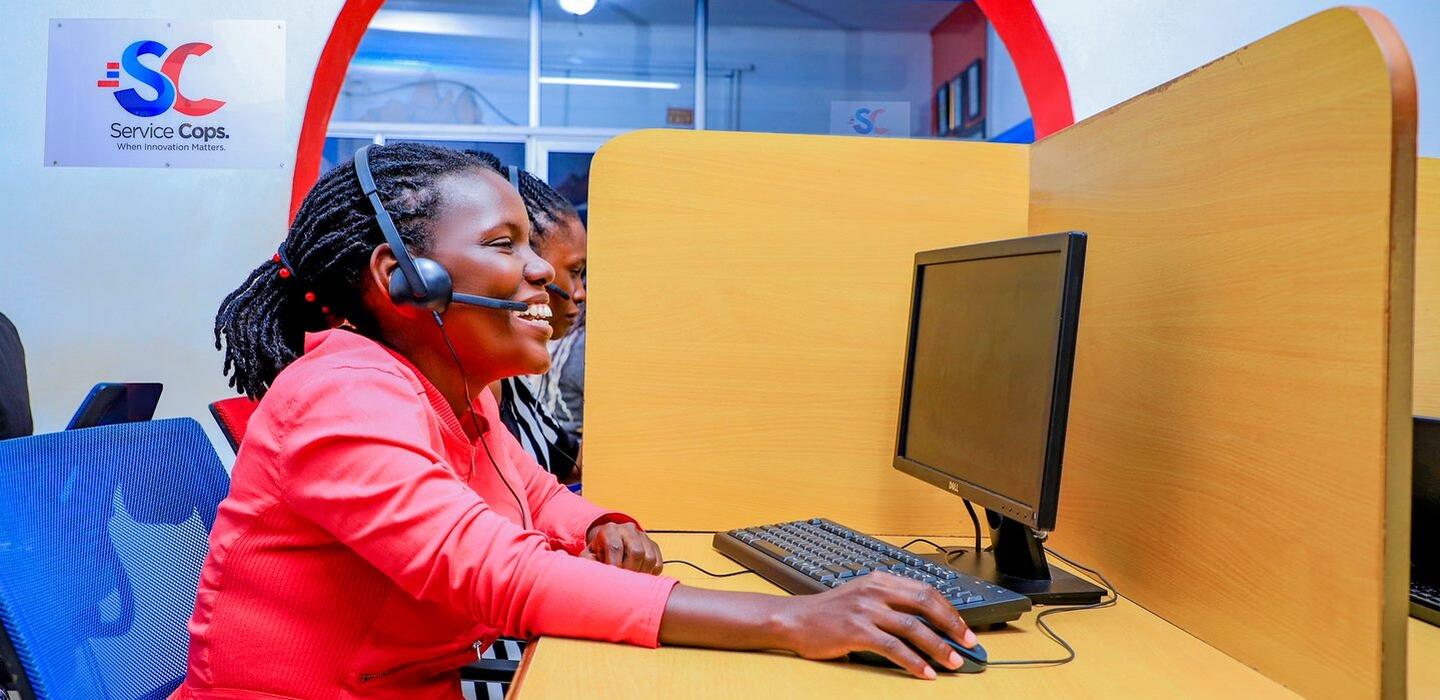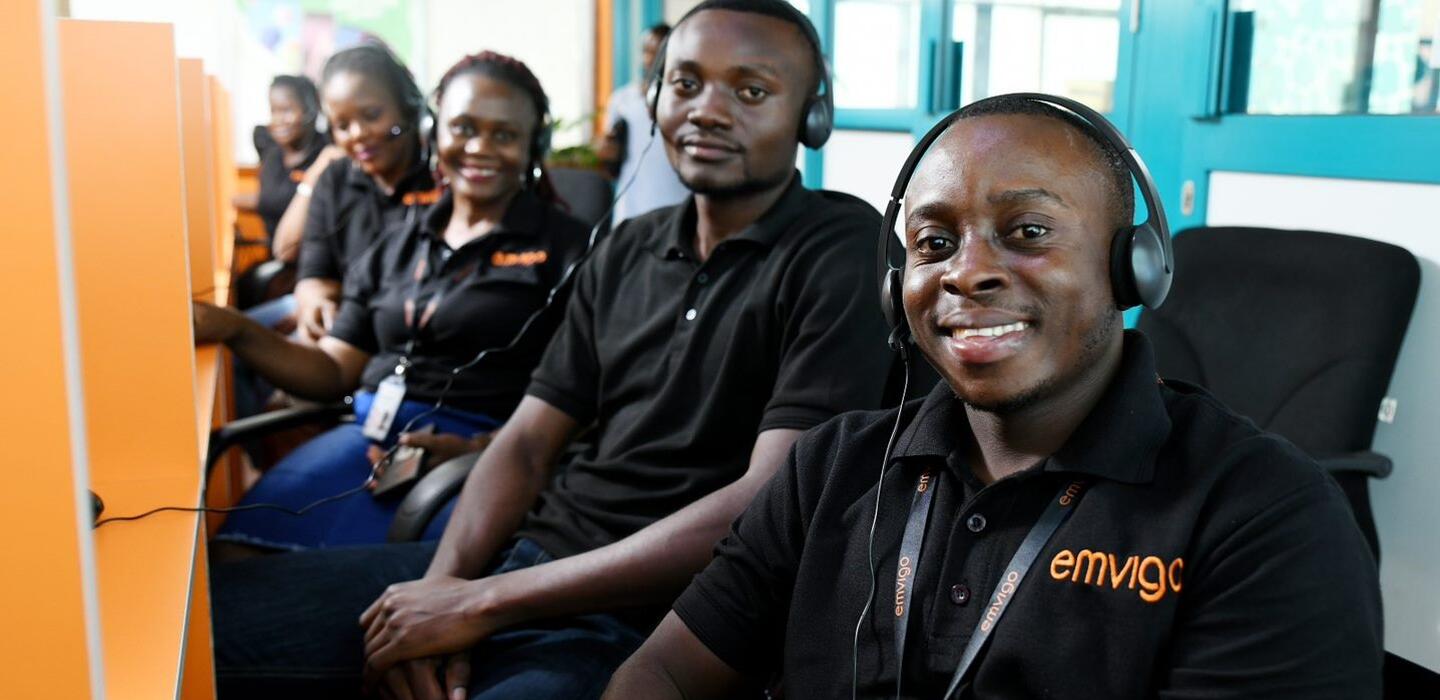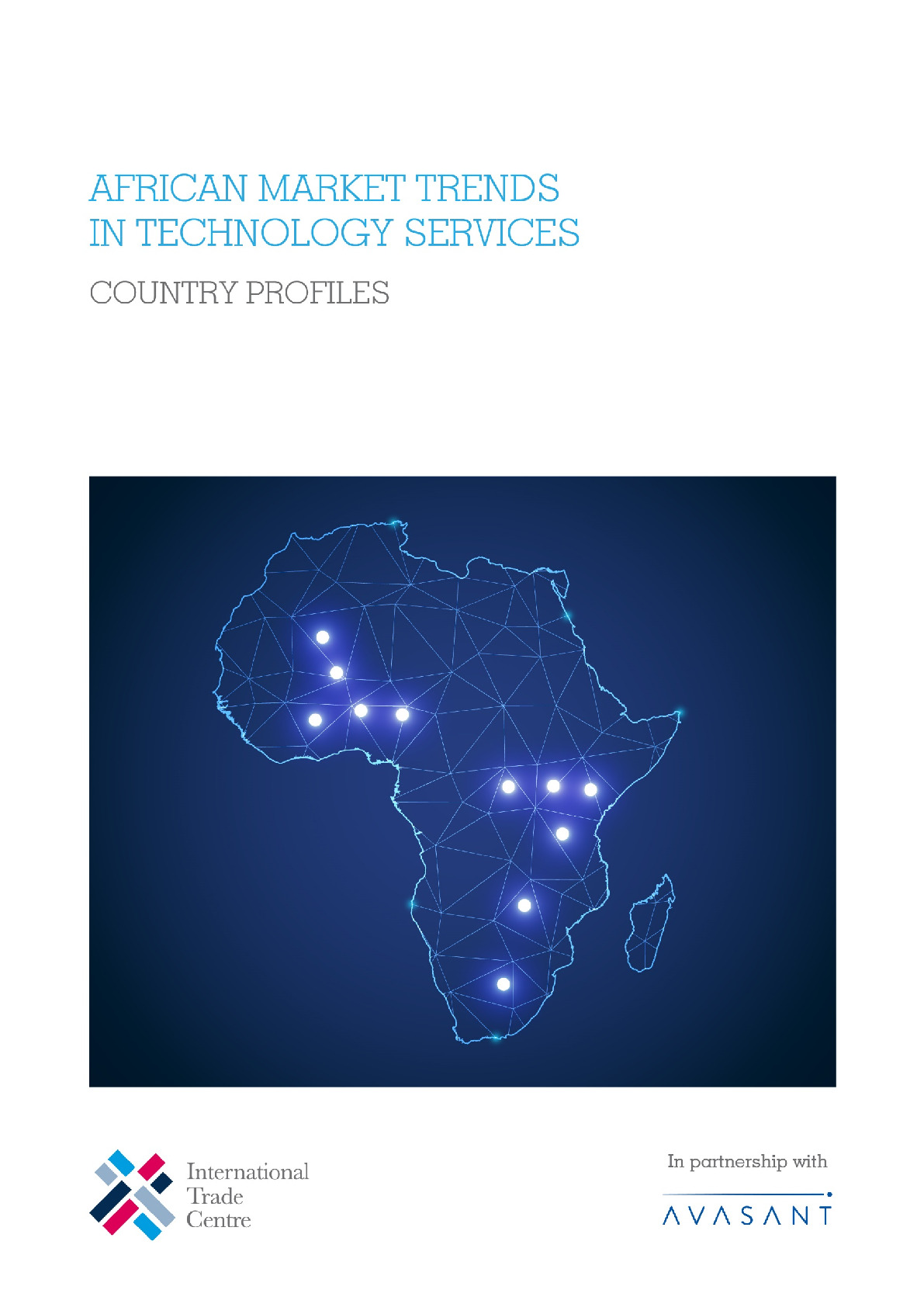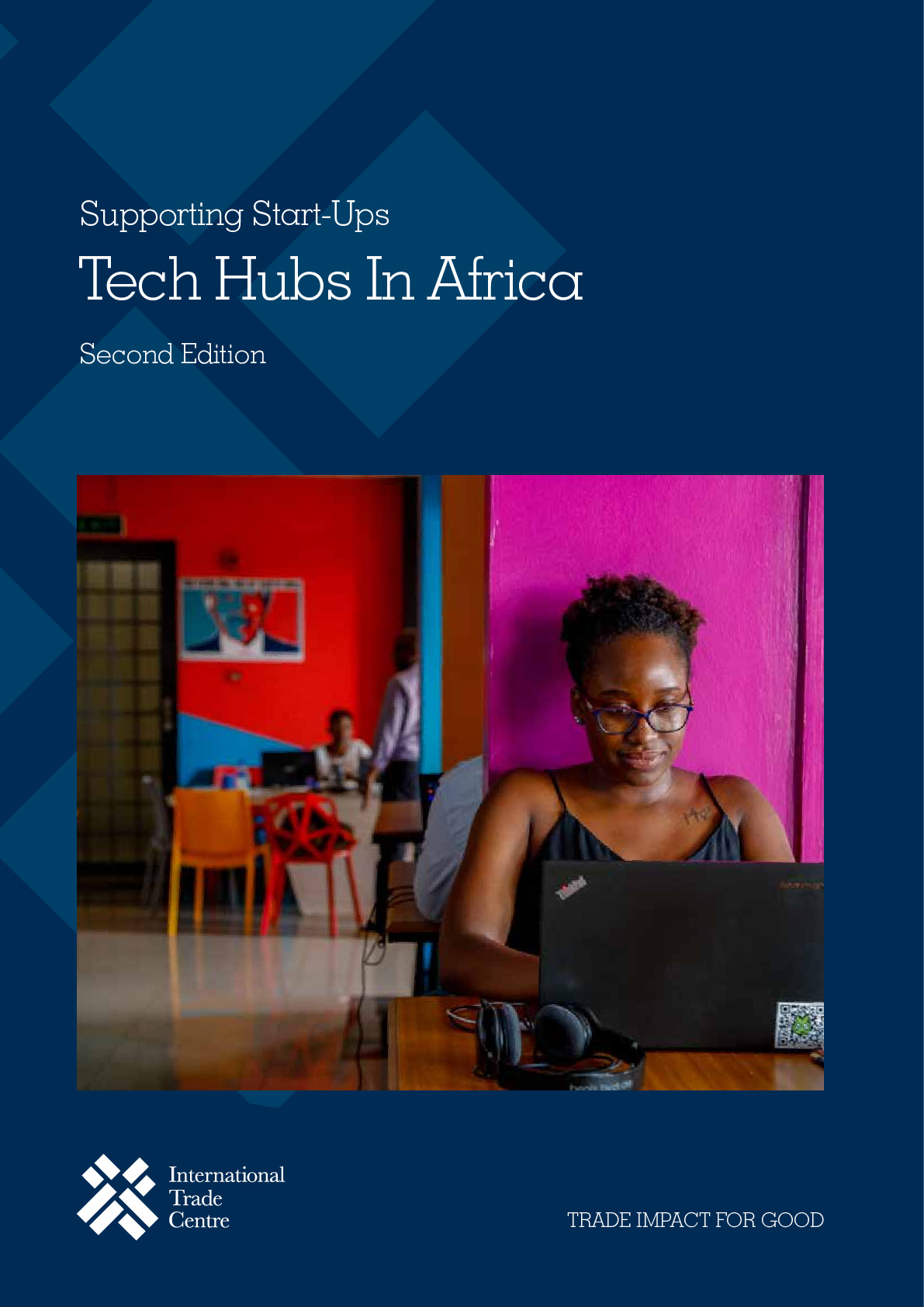Mali
ECOWAS: Strengthening agri-food trade in the region through institutional coordination and business support
Video
Agricultural trade challenges in West Africa
Malnutrition, rapid population growth, and heavy reliance on food imports are some of the key challenges facing the Economic Community of West African States (ECOWAS). Addressing these issues would foster economic development across the region. These factors also emphasize the urgent need to address food security and the effects of global geopolitical pressure on food prices.
Enhancing coordination on food trade policies within the region is paramount to tackling food security issues and mitigating the volatility of food prices. For this purpose, the ECOWAS Commission has developed various instruments, such as the ECOWAS Trade Liberalization Scheme (ETLS) and the ECOWAS Agricultural Policy (ECOWAP), aimed at boosting intra-regional agricultural trade volumes and coordination efforts.
However, recorded data on intra-regional agricultural trade volumes remains low. Customs points have Inadequate infrastructure and resources. Regional and national legislation need to be harmonized. Opaque administrative procedures lead to delays and unexpected costs. And businesses have limited information on market opportunities.
To address these issues, which are often at the origin of informal trade practices, the EAT programme aims to foster an environment conducive to intra-regional agricultural trade. It seeks to improve the capacity of policymakers to make informed decisions on trade and food security matters, strengthen regulatory frameworks, and streamline administrative procedures at the border to ensure the safety and quality of traded goods. Additionally, it aims to equip agri-food businesses with the tools and knowledge needed to better trade within the region, with a specific focus on gender and youth inclusion.
How we work
Within the framework of the EAT programme, ITC implements a multi-level and multi-stakeholder strategy, closely collaborating with the ECOWAS Commission, Member States, civil society, the private sector, and various trade entities. This holistic approach addresses the political, economic, gender, climate, food, and nutrition security aspects of regional agricultural trade.
ITC’s commitment under the EAT programme reflects its broader objectives. Those include bolstering regional institutions in Africa, promoting gender-sensitive and sustainable agricultural trade and enhancing local trade promotion services for the private sector to ensure the sustainability of the action.
ITC will provide advice and assistance to reinforce the ECOWAS Commission's capacity in coordinating agricultural trade policies, by facilitating public-private dialogues, introducing trade intelligence and monitoring tools, as well as advocating for cooperative trade facilitation approaches.
Regional organizations and national authorities will undergo tailored capacity-building programmes to improve their services to businesses and to ensure the application of agricultural trade measures at the border, with particular attention to testing their efficacy. The whole action is ultimately tailored to benefit small businesses and small agricultural traders, by upscaling their skills and providing them with a more conducive ecosystem for trading within the region.
Programme outputs
Trade Policy Harmonization: Advising the ECOWAS Commission and Member States on the coordination and harmonization of policies and initiatives to improve the region’s agricultural trade ecosystem.
Trade Facilitation: Supporting the implementation of gender-sensitive and sustainable trade facilitation measures and services at the border to unleash the potential of intra-regional agricultural trade and increase incentives to conduct formal trade operations.
Private Sector Promotion: Equipping small businesses and small agricultural traders, in collaboration with local business support organizations, with the knowledge and skills needed to tap into the opportunities offered by the regional agricultural market.
Target countries and sectors
Aside from regional policy interventions, the EAT programme focuses on field activities in Benin, Burkina Faso, Côte d'Ivoire, Ghana, Niger and Nigeria to establish a methodology that can later be applied throughout the entire region.
Product sectors targeted by the initiative were identified keeping in mind their importance as staple food, the risk of value loss due to their perishability, as well as the comparative advantages offered by the region. These include cassava, corn, fertilizer, onion, pineapple, processed meat, rice and tomato.
Main partners and beneficiaries
The programme is implemented under the guidance of the ECOWAS Commission, involving directorates overseeing agriculture and rural development, trade, customs, free movement of people, and the Gender Development Center. ITC is an implementing partner, alongside GIZ and the OECD Sahel and West Africa Club (SWAC). Additional partners encompass regional and national trade associations, chambers of commerce and agriculture, pertinent national ministries and authorities, civil society organizations, and private sector stakeholders. Directly benefiting small businesses, cooperatives, and associations of small-scale cross-border traders operating in the agri-food sector.
The ECOWAS Agricultural Trade (EAT) programme, funded by the Federal Ministry of Economic Cooperation and Development (BMZ), "One World – No Hunger" special initiative, is a crucial component of the German-ECOWAS cooperation and implemented by The Deutsche Gesellschaft für Internationale Zusammenarbeit GmbH (GIZ) and The International Trade Centre (ITC). This initiative is designed to tackle regional policy coordination, economic integration and food security, focusing on enhancing intra-ECOWAS agro-food-trade.
OIC: Trade and market intelligence for ICDT
Sustainable Development Goals
<p>The project will strengthen ICDT services on trade intelligence to support the public and private sector from the Organisation of Islamic Cooperation (OIC) to make better informed decisions and, in the long term, to contribute to an increase of trade between OIC Member States through the embedding of Market Analysis Tools, the development of an online Trade Helpdesk and the development of trade-related studies.</p>
Netherlands Trust Fund – Phase V – Agribusiness and Digital Technology
ITC partners with the Netherlands to support African business
ITC’s NTF V programme is designed to contribute to decent jobs and improved livelihoods in the agribusiness, agritech and digital technology sectors. To that end, we aim to:
- Increase the competitiveness of thousands of MSMEs
- Increase sales of supported companies to hit $90 million
- Support thousands of jobs and positively impact more than 200,000 people as a result
- Bring in-kind contributions to create an additional 50% of project value
Our programme includes both sectors in Ethiopia, Ghana, Senegal, and the digital technologies sector in a multi-country project in Benin, Cote d'Ivoire, Mali and Uganda. In Ethiopia, Ghana and Senegal, ITC is working with smallholder agribusiness farmers focused on cocoa and coffee, associated crops, and horticulture.
See below for more project details.
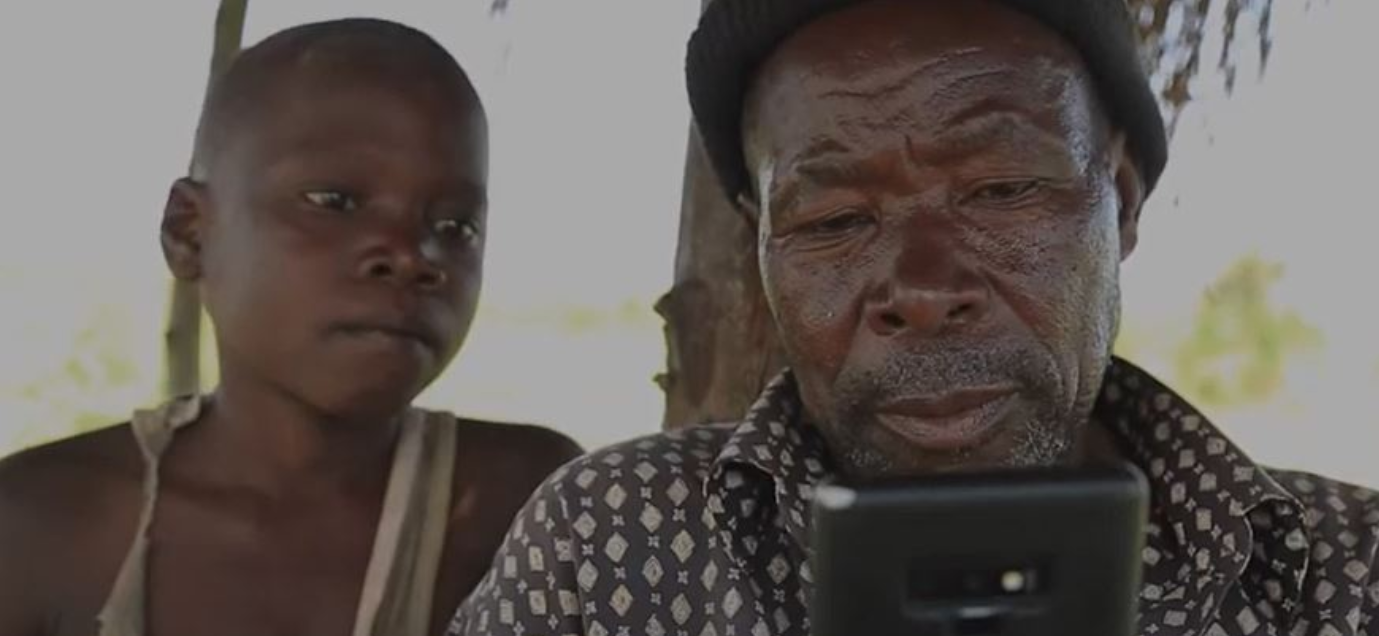
In the digital technology sector, we are focusing on business-friendly tech ecosystems and tech hubs, offering tech start-ups and MSMEs resilient business models, linking them to national and international business and investment opportunities, and digitalizing traditional MSMEs.
We support IT and business process outsourcing (BPO) companies with export strategies, B2B matchmaking events and regional and international IT event exposure. We also help tech hubs to become more sustainable and aim to contribute to ICT and entrepreneurship-related policies to improve the tech ecosystem.
We are helping farmers and MSMEs become better able to withstand economic shocks and grow through responsible trade. Our approach is based on ITC’s Alliances for Action programme, which promotes partnerships for sustainable food systems, and leverages investments and technical support all along the farm-to-fork value chain.
We also are strengthening public-private alliances and support ecosystems, building capacity in areas such as market development, climate smart operations, value addition, quality, access to finance, digitalization and developing investment strategies.
In the specific framework of this project, Alliances for Action is focusing on digitalization as a way of increasing resilience and growth of the coffee, cocoa and cashew nut value chains in selected countries.
- 16 December 2022 - VOA Afrique : Milou Van Bruggen on How the UN International Trade Center Supports African Startups
- 12 December 2022 - Business Ghana : African tech hubs can advance critical economic sectors & unlock women’s full potential on the ...
- 12 December 2022 - TechBuild Africa : African Tech Hubs can advance Critical Economic Sectors on the Continent
-
1 September 2022 - Zawya : Senegal Tech Firms See Gains at Europe’s Biggest Startup Event
-
1 September 2022 - NNN : Senegalese tech firms see profit at Europe’s biggest startup event
-
2 August 2022 - Business Insider Africa : Donors should back top entrepreneurs and local support services to boost SME growth in West Africa
-
28 July 2022 - My Joy Online : ITC showcases Ghanaian agribusiness SMEs at ANDE West Africa conference
-
27 July 2022 - Africa briefing : Donors and foundations urged to support entrepreneurs and private support organisations to boost SME investment in West Africa
-
17 May 2022 - News Ghana : ITC And GEPA Launch Four-year Project To Boost Tech And Agribusiness Sectors
-
3 May 2022 - La Nation : Formation au métier du numérique : plus de 100 community managers mis sur le marché de l’emploi
-
15 April 2022 - Techcabal : AfricArena announces its West Africa Regional Conference in Dakar, Senegal from April 23-27, 2022
-
13 April 2022 - Opportunity desk : ITC Vivatech NTF V Challenge 2022 for African Digital Entrepreneurs ($5,000 cash prize)
-
11 April 2022 - NNN : African Start-ups Gain Traction In Top Tech Networking Events
- 8 March 2022 - La Nation : Programme Netherlands Trust Fund V Tech : Les start-up numériques retenues connues en avril prochain
- 6 October 2021 - Commodafrica : Les Pays-Bas et l’ITC s’allient pour développer les solutions numériques dans l’agro-industrie en Afrique
-
29 September 2021 - Ecofin : ITC partners with the Netherlands to boost trade in Africa
-
29 September 2021 - New Business Ethiopia : The Netherlands, ITC to enhance trade competitiveness in African countries
NTF IV, which ended in June 2021, was based on a partnership agreement between the Dutch Centre for the Promotion of Imports from developing countries (CBI).
It aimed to enhance export competitiveness of selected sectors in selected countries through an integrated approach to sector competitiveness built around one outcome: generation of export revenues. The NTF IV county/sector combinations consisted of:
- Myanmar: Consolidation of Kayah state tourism and extension to a new state
- Uganda: Export development of IT and IT-enabled services
- Mano River Union/Sierra Leone: Value chain development of cocoa and associated crops
- Senegal: Export development of IT and IT-enabled Services
This Programme, which ended in June 2017, was funded by CBI and focussed on building export sector competitiveness in key growth sectors in the four beneficiary countries of Bangladesh, Kenya, Myanmar and Uganda.
It focused on the exports of services, such as the IT and IT-enabled Services sectors in Bangladesh, Kenya and Uganda as well as tourism in Myanmar, while addressing needs in traditional agricultural sectors in Kenya (avocado sector) and Uganda (coffee). Export bottlenecks across the entire value chain were addressed to enable companies, and with them the entire sector, to internationalise.
Sustainable Development Goals
The International Trade Centre’s Netherlands Trust Fund V (NTF V) is a four-year partnership (July 2021- June 2025) signed by the Ministry of Foreign Affairs of The Netherlands and the International Trade Centre to support micro, small and medium-sized enterprises (MSMEs) in the digital technologies and agribusiness sectors.
The programme includes both sectors in Ethiopia, Ghana, Senegal, and the digital technologies sector in a multi-country project in Benin, Cote d'Ivoire, Mali and Uganda. As with previous NTF programmes, NTF V will be jointly implemented with the Dutch Centre for the promotion of exports from developing countries (CBI). NTF V follows on the successful NTF IV and NTF III programmes, and will track its results through real-time customer relationship management and active risk management data systems.

Benin, Côte d’Ivoire, Mali and Uganda: Building Resilient Trade Competitiveness by Fast Tracking the Digital Technology Sector (NTF V)
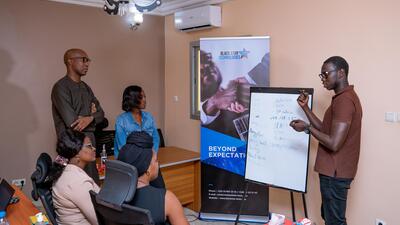
Senegal: Building Resilient Trade Competitiveness by Fast Tracking the Digital Technology Sector (NTF V)
AIM for Results: Improving TISI performance and measurement (Phase I)
Sustainable Development Goals
<p>AIM for Results is an intervention approach that strengthens the performance, efficiency and effectiveness of TISIs and builds their capacity to provide more effective support to the internationalisation needs of their clients, especially small and medium-sized enterprises (SMEs).</p><p>AIM stands for Assess, Improve and Measure. It is a holistic and targeted integrated three-step-approach focusing on measurable results in order to improve the managerial, operational and service delivery performance of TSIs. The three pillars of AIM are offered either as a single module or as a complete performance improvement programme, depending on the needs of the beneficiary institutions.</p><p> In 2017, the project aims to improve the operational and managerial performance of 40 TISIs applying ITC’s AIM For Results methodology.</p>
Poor Communities and Trade Programme
Sustainable Development Goals
<p>Poor Communities and Trade Programme (PCTP), at the International Trade Centre (ITC), aims to reduce global poverty by strengthening the capacities of developing country micro-entrepreneurs, social enterprises and emerging designers for export trade, in order to connect them with international buyers, in the value chain of ethical fashion, through an inclusive business model.</p><p>PCTP provides technical expertise and business support to informal micro-enterprises and to emerging designers, through a business support infrastructure (based on hubs managed by social enterprises) that enables them to acquire capacities to set up and manage production and quality control systems, logistics and supply chain management, market identification and buyer negotiation skills. This market-based approach to poverty reduction provides micro-entrepreneurs form the informal sector (for the majority women) with the direct benefits of trade by creating jobs and facilitating business opportunities resulting in increased incomes, improved livelihoods and new linkages to the formal economy.</p><p>Within its social enterprises around the world, ITC’s Ethical Fashion Initiative (EFI) in <u><strong>2019 </strong>focus on the following deliverables<strong>:</strong></u></p><ul><li><strong><strong>Living wage assessments are carried out in 8 project countries</strong></strong></li><li><strong>African Fashion Fund in collaboration with the Ethical Fashion Initiative </strong></li><li><strong><strong>New business model, based on online trade is developed and launched</strong></strong></li><li><strong>Events in coordination with the UN Alliance for Sustainable Fashion are organised</strong></li><li><strong>Generating awareness on the impacts of climate change and conflicts affecting livelihoods of people in selected project countrie</strong></li></ul><p><strong><u>In 2020</u></strong> the Initiative will focus on the following deliverables:</p><p><span style="font-weight: 700;"><strong>Output 3.1: Accelerator launched with six African designers 4 of which are from countries not involved in the existing project frameworks of the EFI (expansion of EFI’s network and creation of new opportunities for intra-African trade). </strong></span></p><p><span style="font-weight: 700;">Output 3.2: <strong>Eritrea project framework tested through preliminary activities, designed and submitted </strong></span></p><p>In 2021</p>
Benin, Côte d’Ivoire, Mali and Uganda: Building Resilient Trade Competitiveness by Fast Tracking the Digital Technology Sector (NTF V)
ITC partners with the Netherlands to support African business
Benin
The country’s tech city and economic capital is Cotonou. Benin has a young population of 11.5 M people of which 45.6% is below 14 years and 20.4% is aged between 15 and 24 years. The Beninese economy grew steadily over the last years with its GDP increasing from 11.4 B USD in 2015 to 15.7 B USD in 2020 and its classification upgrading from Least Developed Country (LDC) to Low Middle Income Economy in 2019. In 2020, agriculture accounted for 27.11% of the country’s GDP while services accounted for 47.9%. The Beninese business environment progressed in the formal sector but remains fragile as the country ranked 149 out of 190 the World Bank’s Doing Business report.
Côte d’Ivoire
Côte d’Ivoire is a lower middle-income economy. Its capital is Yamoussoukro and its tech city and economic capital is Abidjan. Côte d’Ivoire has a population of 26.1 M people of which 60% is aged below 24 years and of which 34% is aged between 25 and 54 years. The Ivorian economy has been growing steadily since 2012. In 2018, GDP rose more than 7% for the seventh straight year reaching 61.3 B USD in 2020 making it the highest in Francophone West Africa. In 2019, agriculture accounted for 20.7% of the country’s GDP while services accounted for 43.11 %.
Mali
Mali is a landlocked ECOWAS country with an estimated population of 21M, of which 48% are below 14 years and 19% between 15 and 24 years old. Mali’s capital Bamako is the biggest city and the country’s economic epicentre. In 2020, agriculture accounted for 36.1% of the country’s GDP while services accounted for 34.41%. The country is a low-income country that ranked 182 out of 188 countries in the World Bank Human Capital Index 2018. Its political situation saw instability and conflict since 2012 with a military coup and the occupation of the north by armed groups.
Uganda
Uganda is part of the East African Community (EAC) with a population of 47 M, of which 48% are aged below 14 years and 21% between 15 and 24 years old. The country was going through a slowdown of its economic growth over the last decade before the COVID19 crisis hit, which unfortunately worsened the situation with a GDP growing at only 2.9% in 2020, i.e. less than half the 6.8% recorded in 2019. However, the country benefits from a growing young population, an improving ICT infrastructure and an expanding service economy. In 2020, the services sector accounted for 43.1% of the country’s GDP (with the IT and ITES sector accounting for 2.5%[30] of GDP) while agriculture accounted for 24.03%. Based on the Doing Business Report, Uganda is ranked 116 out of 190 and scored 60 out of 100 in 2020.
Objectives of the project
The NTF V FastTrackTech Project in Benin, Côte d’Ivoire, Mali and Uganda aims at strengthening tech startups, with a focus on agritech and MSMEs, and it seeks to influence policy makers and regulators, Trade and Investment Support Institutions and private business support providers, as well as international private sector market partners in creating a supportive environment for enterprises in IT and IT Enabled Services sector. The ambition is to contribute to rebuilding back better with a focus on MSMEs in the digital technologies sector.
Our trade-related technical support is three-fold:
At the policy level: we provide assistance in the development or improvement of public policies and sectoral regulations, with private-sector representatives
At the institutional level: we work with digital business associations and tech hubs to increase their sustainability and impact
At the start-up and MSME level: we develop market access and build international competitiveness.
Subscribe here to receive the quarterly NTF V FastTrackTech Newsletter and read about our activities and events in the tech and agribusiness sectors in Africa.
<p><span lang="EN-GB">ITC and CBI have been cooperating for decades. This cooperation led to a series of sector development programmes under the Netherlands Trust Fund (NTF) since 2005. The current project is part of the NTF V programme funded by the Ministry of Foreign Affairs of The Netherlands and implemented in close coordination with the Dutch Centre for the Promotion of Imports from developing countries (CBI).</span></p><p><span lang="EN-GB">The NTF V programme was approved in July 2021 and will run until June 2025. Its ambition is to contribute to building back better in the partner countries with a focus on creating a link between MSMEs in the digital technologies with a focus on agritech. To this end, agritech start-ups will be supported to improve their understanding of agribusinesses’ needs, to gain more agribusinesses partners, and, in some instances, to help digitalize agribusinesses. </span></p><p><span lang="EN-GB">Project activities will foster business-friendly tech ecosystems, strengthen business support organizations such as tech hubs and equip tech start-ups with resilient business models, linking them to business, partnership and investment opportunities while contributing to the digitalization of traditional SMEs in other sectors.</span></p><p><span lang="EN-GB">Benin, Côte d’Ivoire, Mali and Uganda are part of the targeted countries for NTF V. NTF V Multi-country Tech will build on the work initiated under NTF IV’s spin-off #FastTrackTech Africa and NTF IV Uganda. The project aims at contributing to the creation of sustainable jobs in the digital technologies sector and the modernisation of agribusiness through digital technologies. </span></p>

Senegal: Building Resilient Trade Competitiveness by Fast Tracking the Digital Technology Sector (NTF V)
